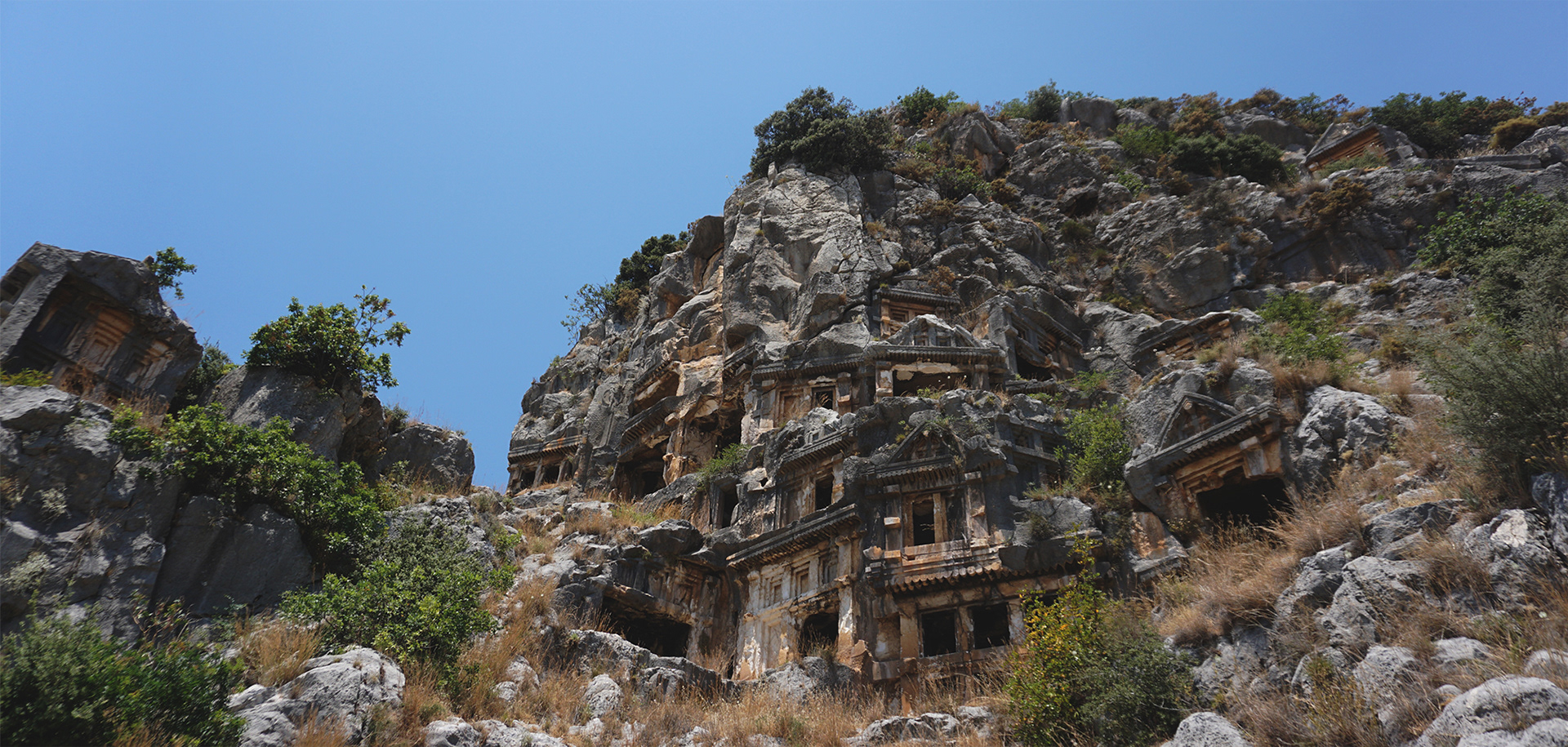In Western languages, Anatolia means "the land where the sun rises." Stretching from Mesopotamia to Troy, this land has been home to ancient cities, mythological gods, migrating peoples from all directions, and some of the most cosmopolitan civilizations in history for thousands of years.
The Prehistoric Peoples, Urartians, Hittites, Phrygians, Ionians, Carians, Romans, the Kingdom of Pontus, and the Seljuks are among the civilizations that left their mark on this region. The Byzantine and Ottoman Empires inherited this legacy, transforming Anatolia into a crossroads of cultures.
Today, these ancient lands, now within the borders of the Republic of Türkiye, continue to carry the traces of the past while serving as a stage for new stories shaped by diverse cultures.
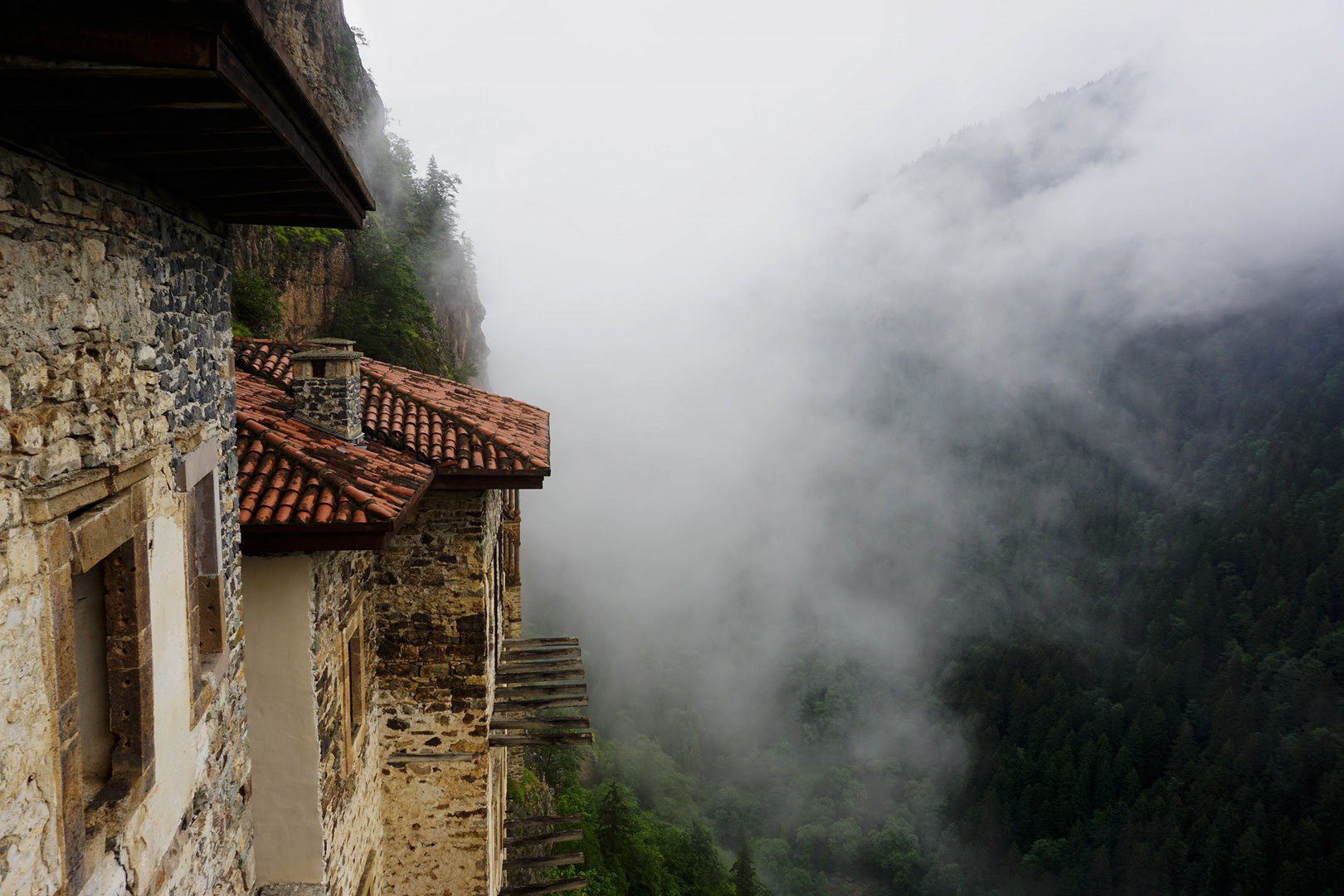
Sumela Monastery, Trabzon
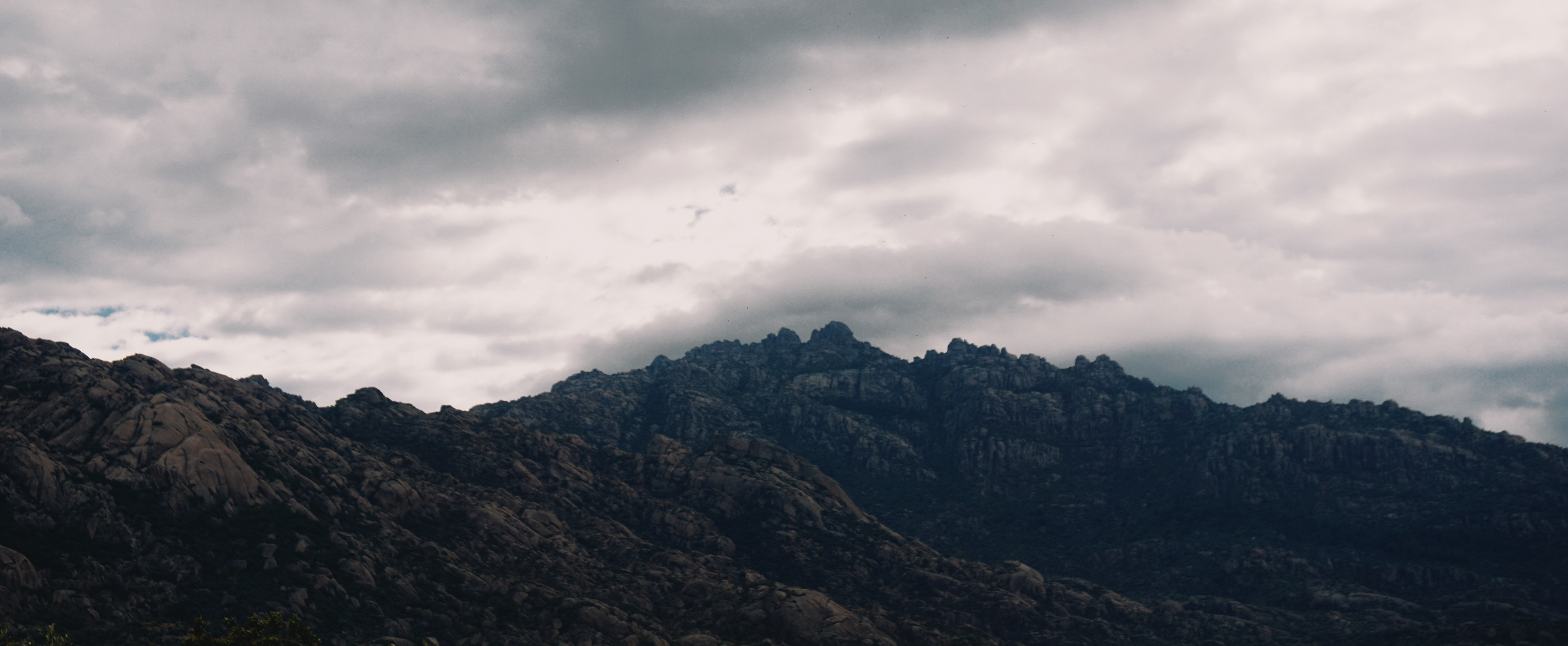
Latmos, Milas, Muğla
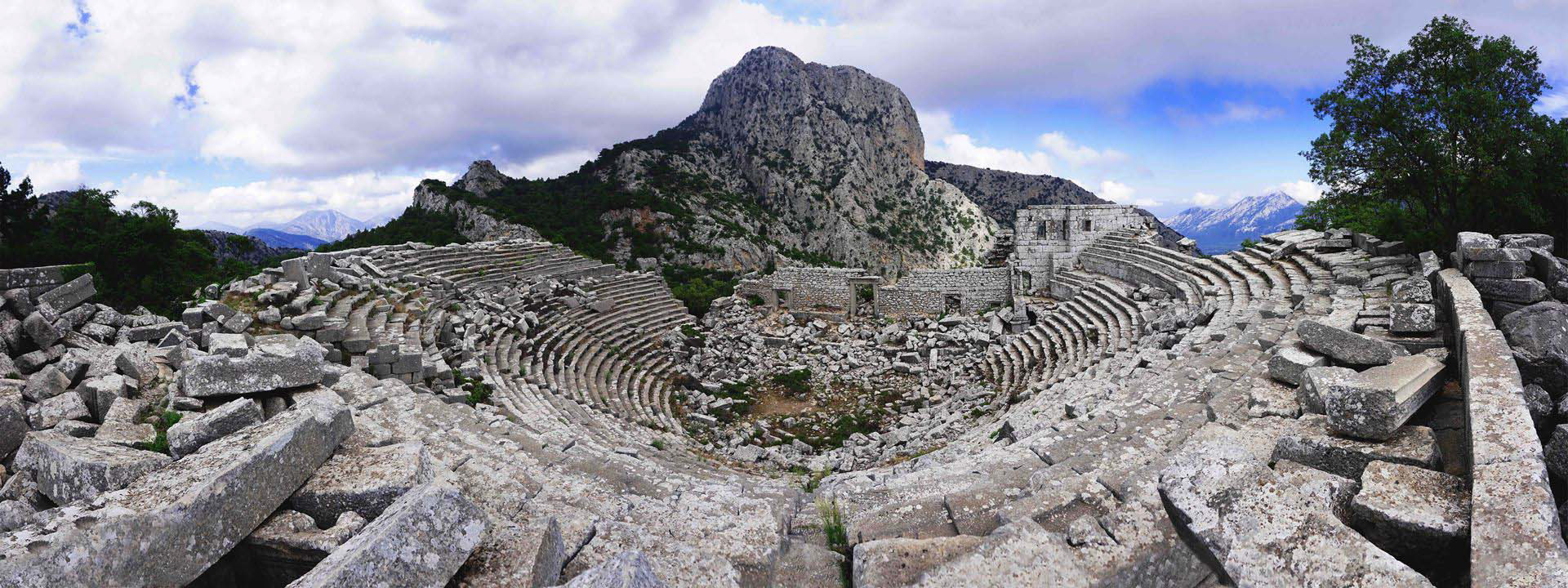
Termessos, Korkuteli, Antalya
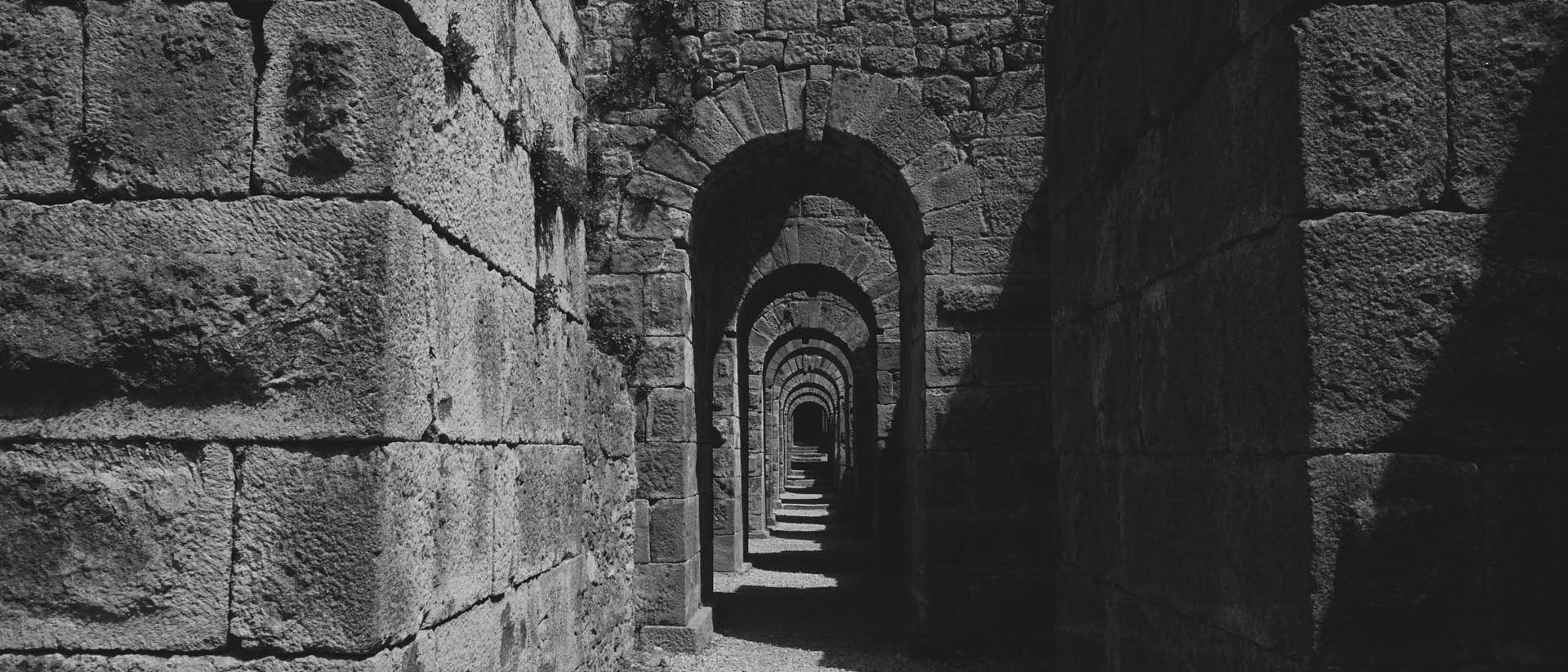
Pergamon, Bergama, İzmir
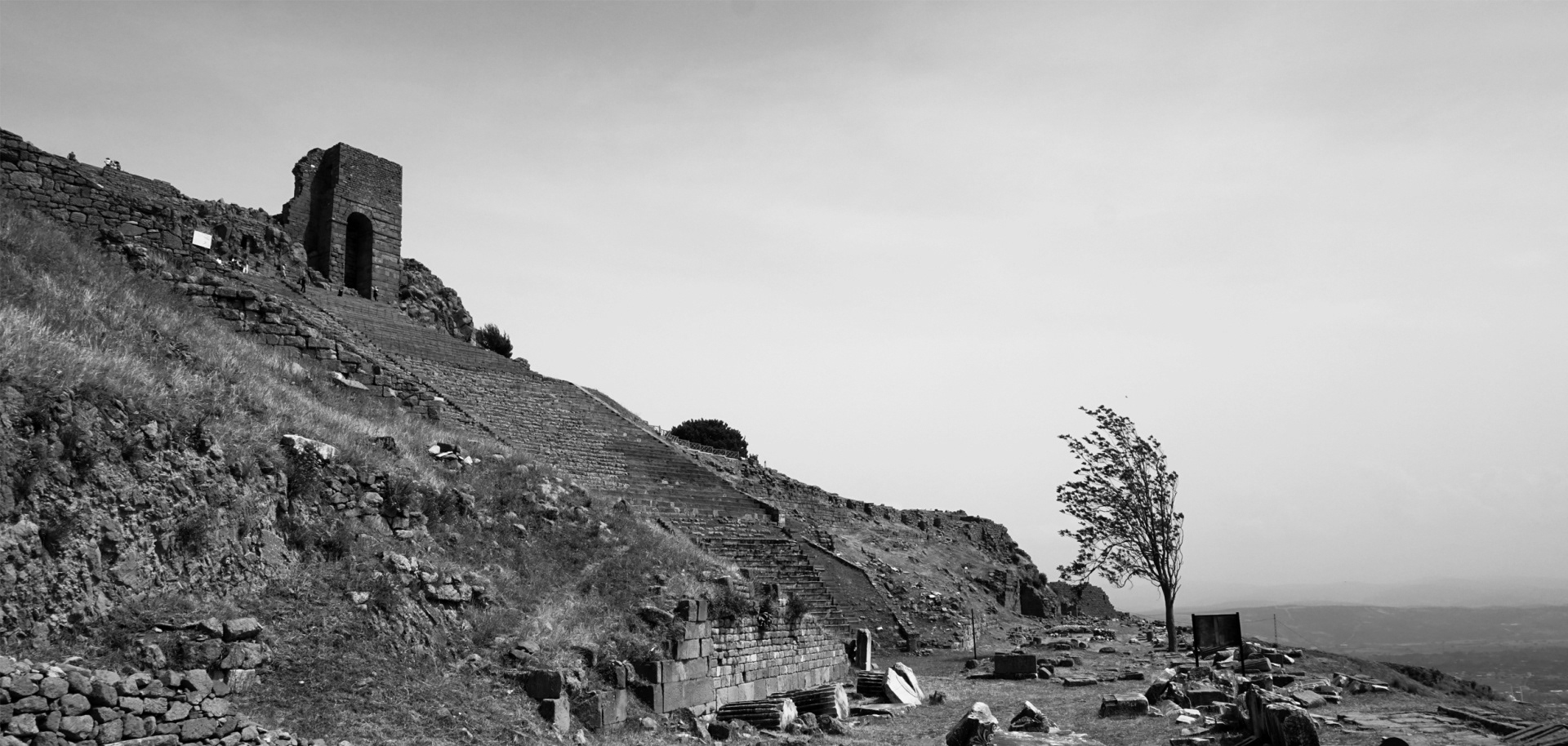
Pergamon, Bergama, İzmir
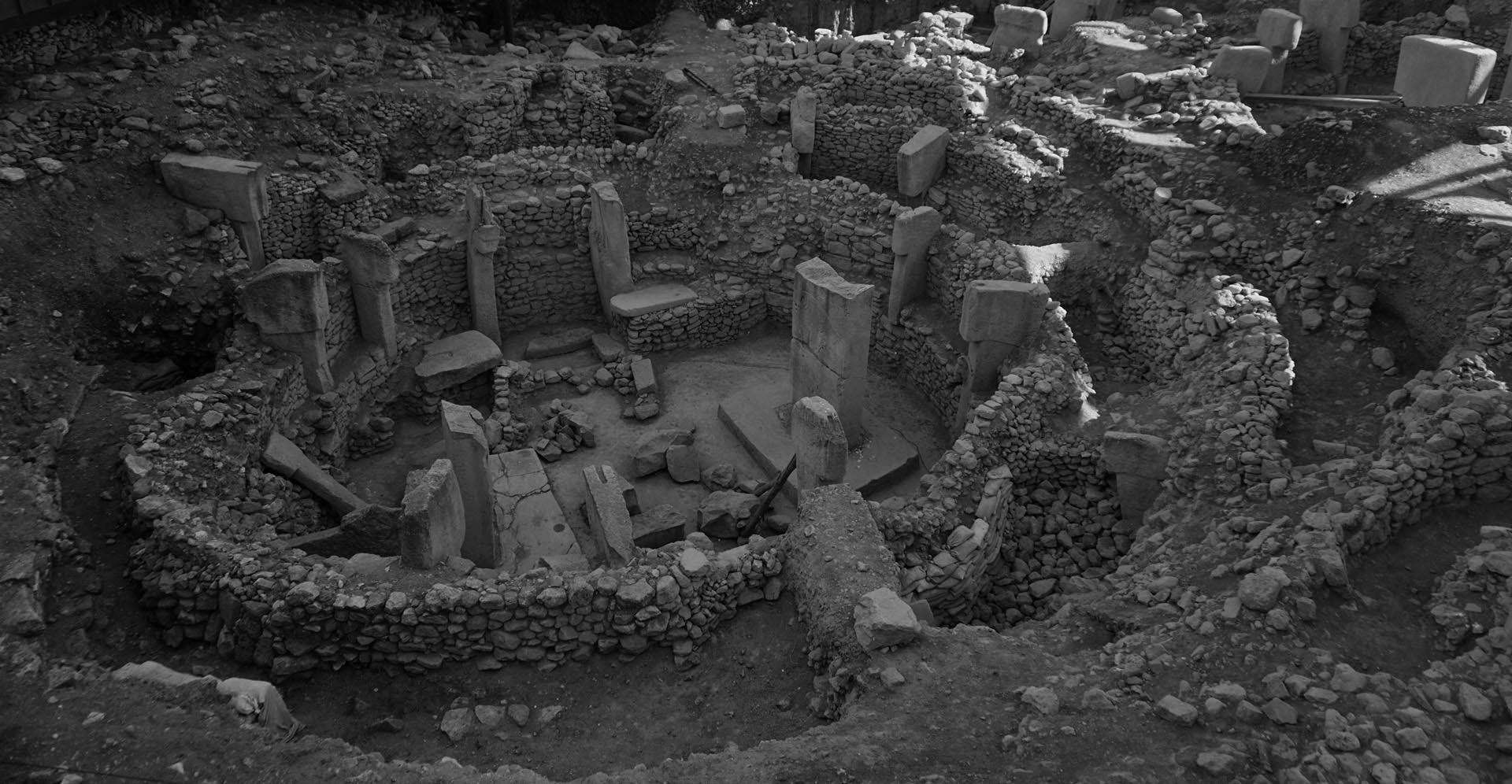
Göbeklitepe, Şanlıurfa
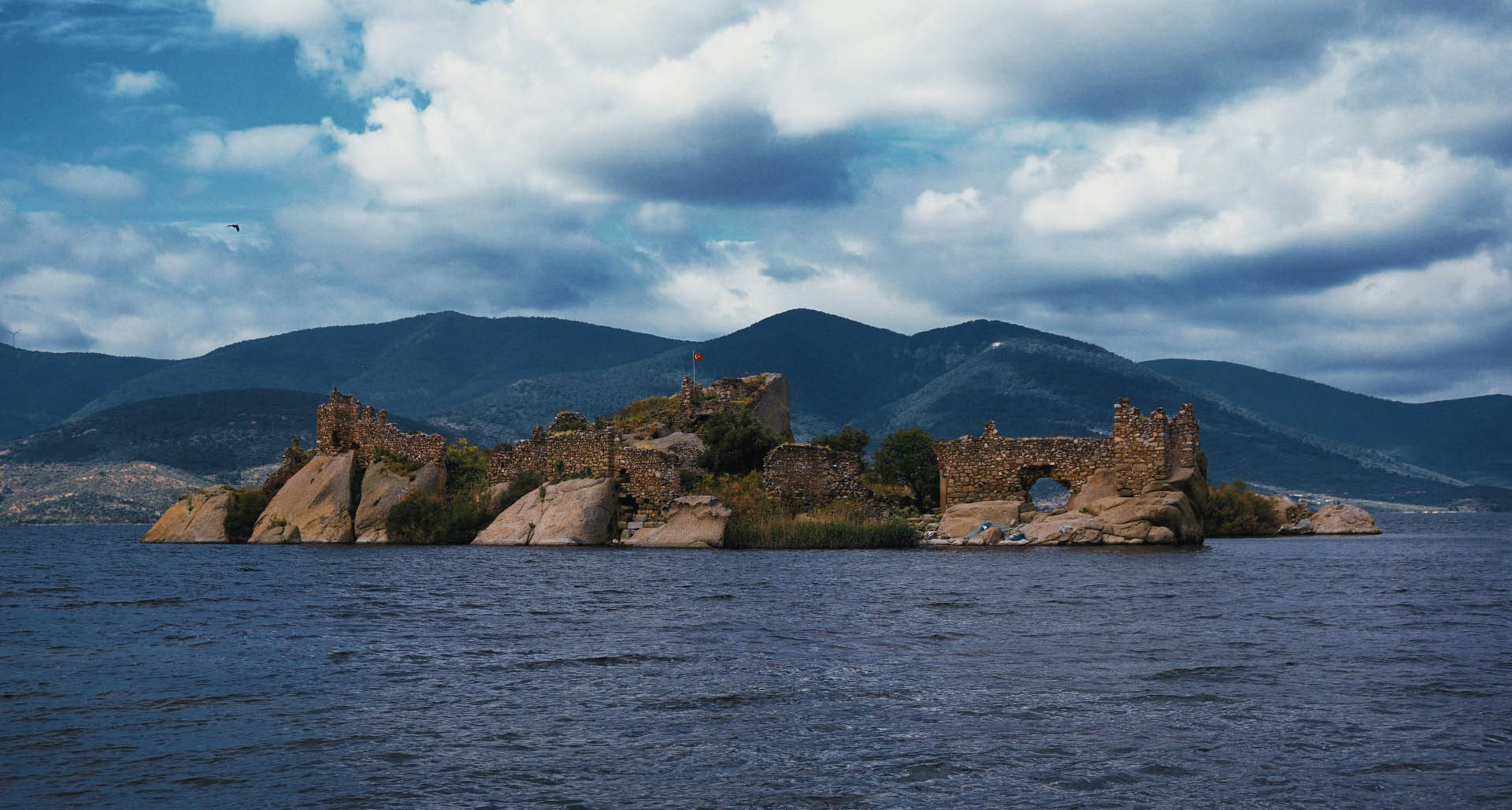
Lake Bafa, Milas, Muğla
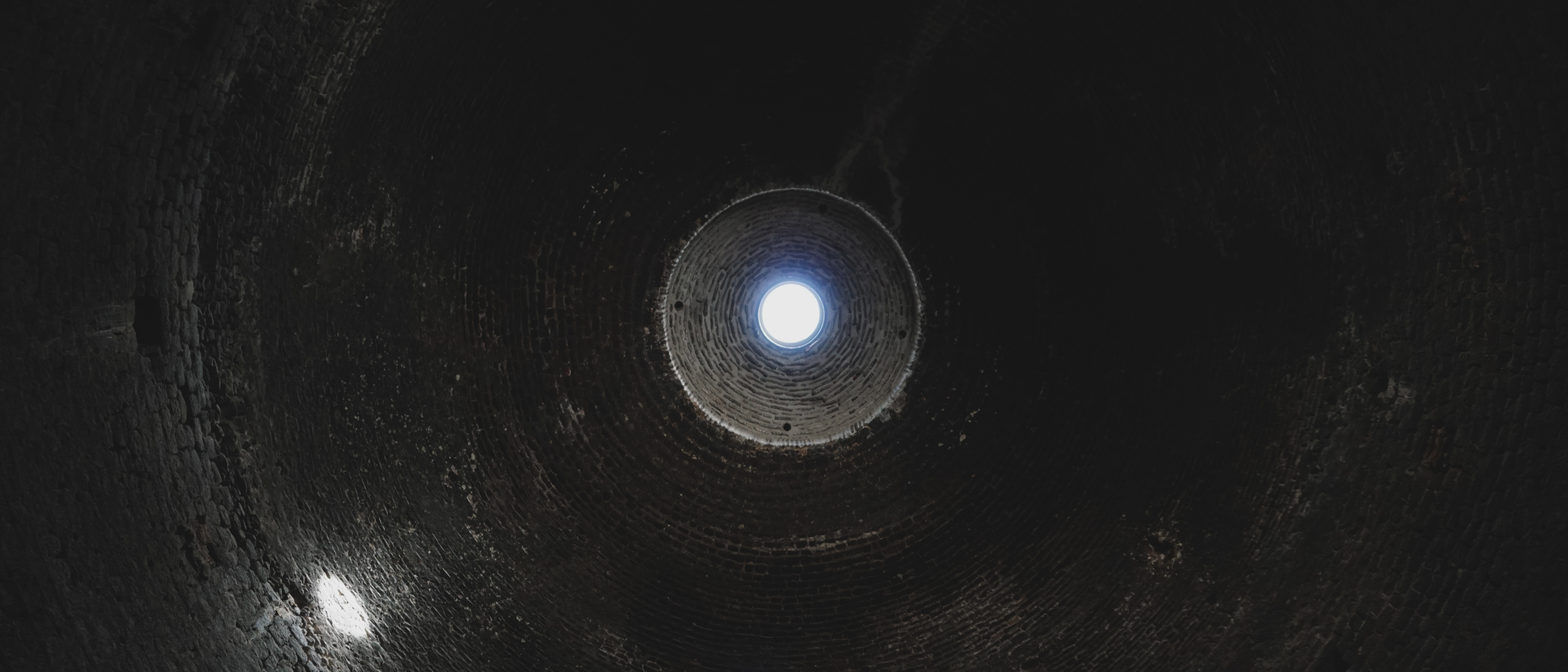
Red Basilica, Pergamon, İzmir
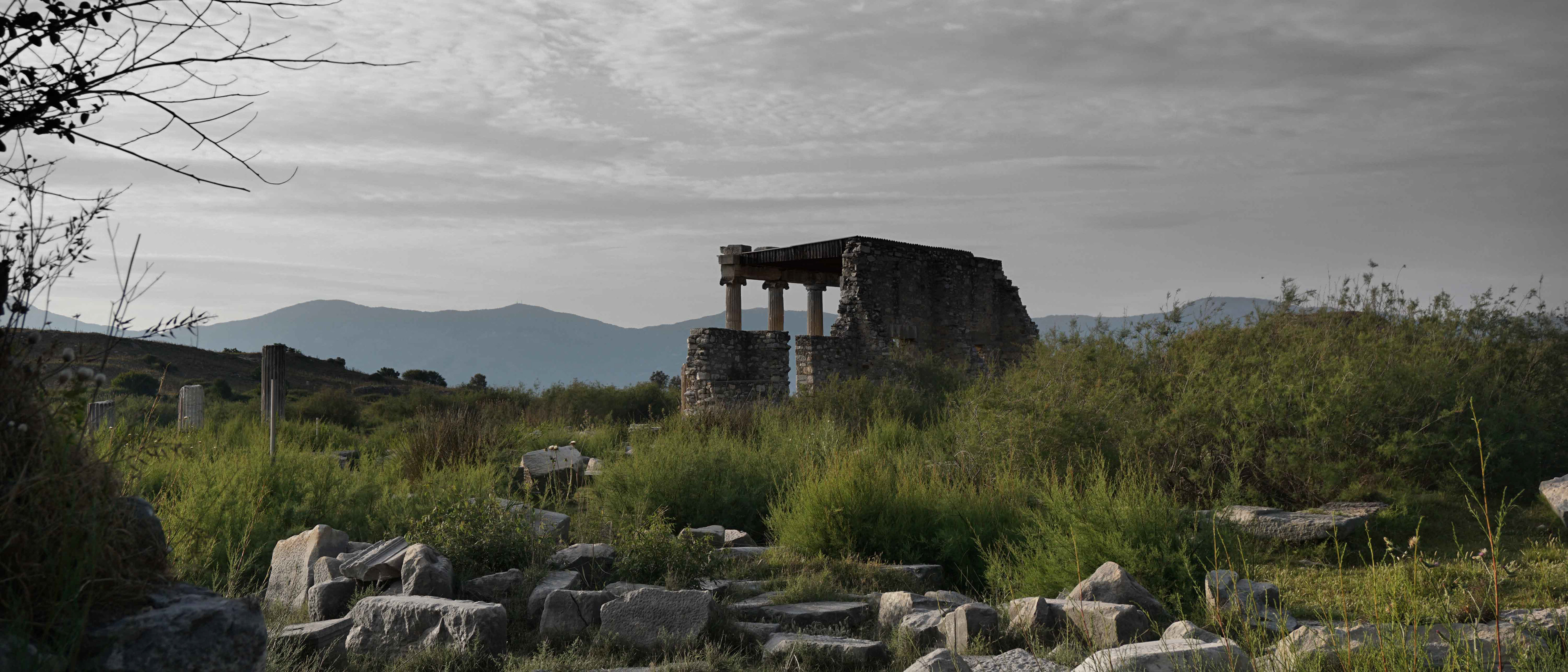
Miletos, Didim, Aydın
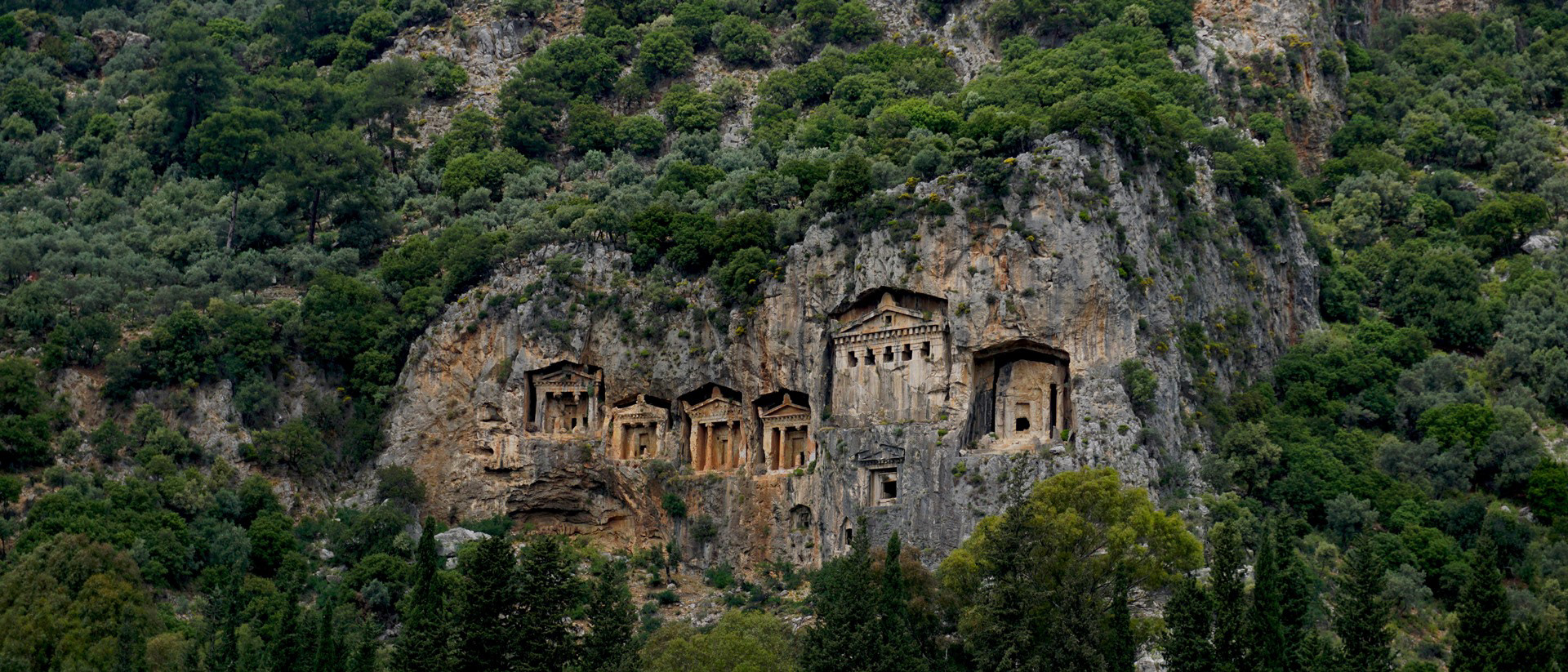
Kaunos King Tombs, Dalyan, Muğla
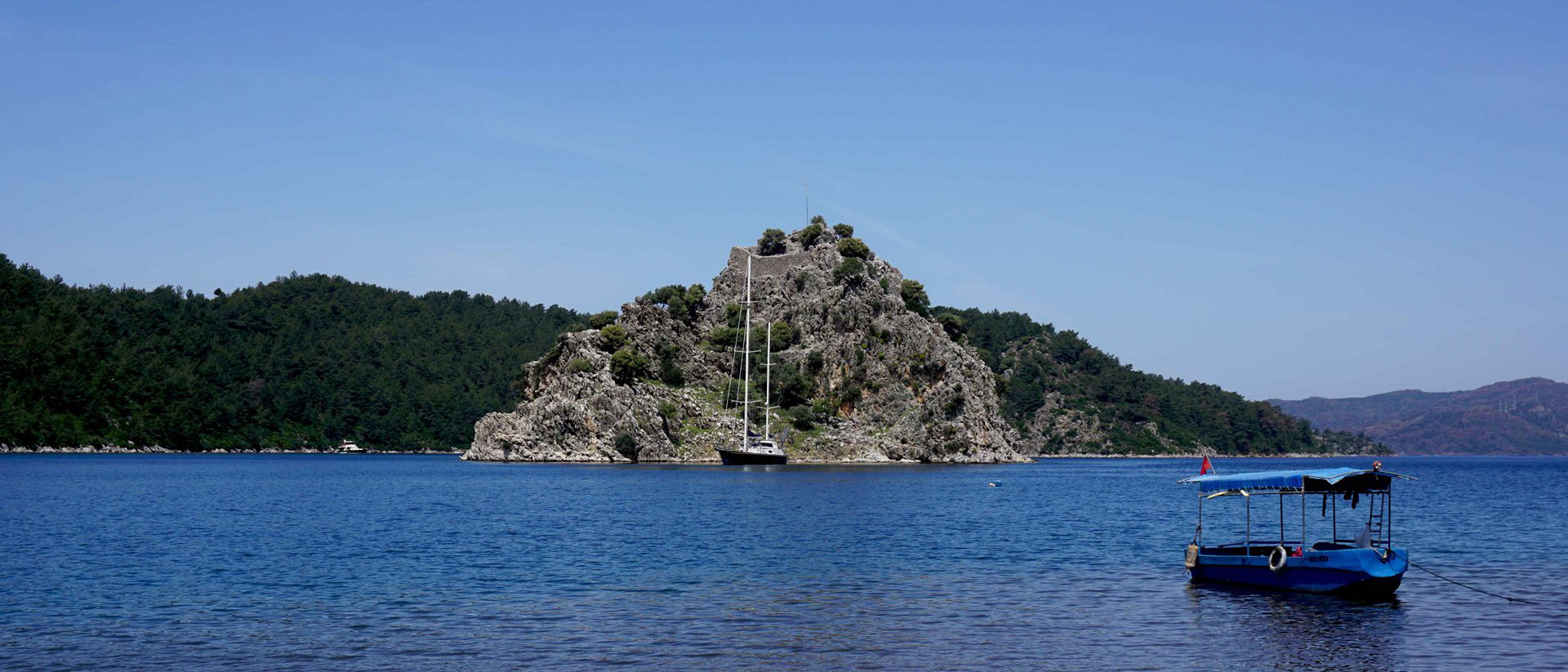
Orhaneli, Marmaris, Muğla
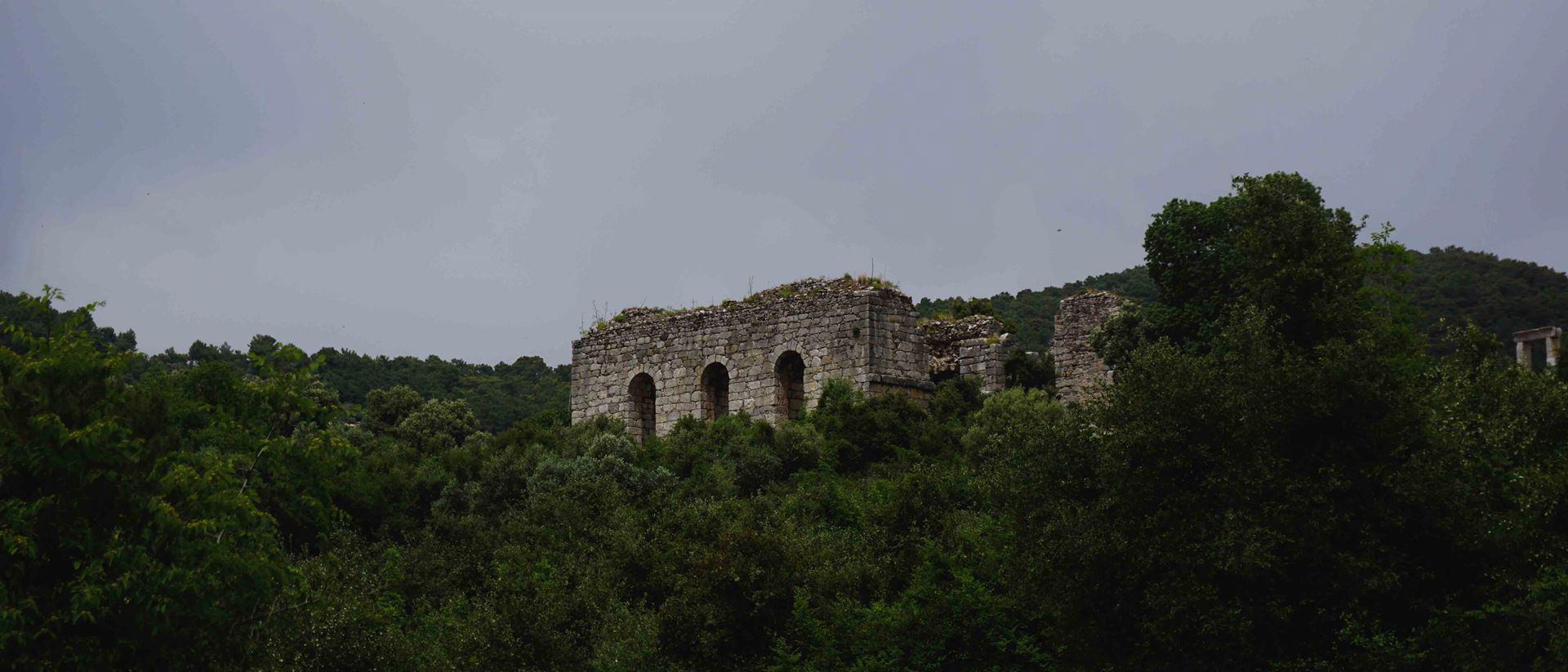
Kaunos, Dalyan, Muğla
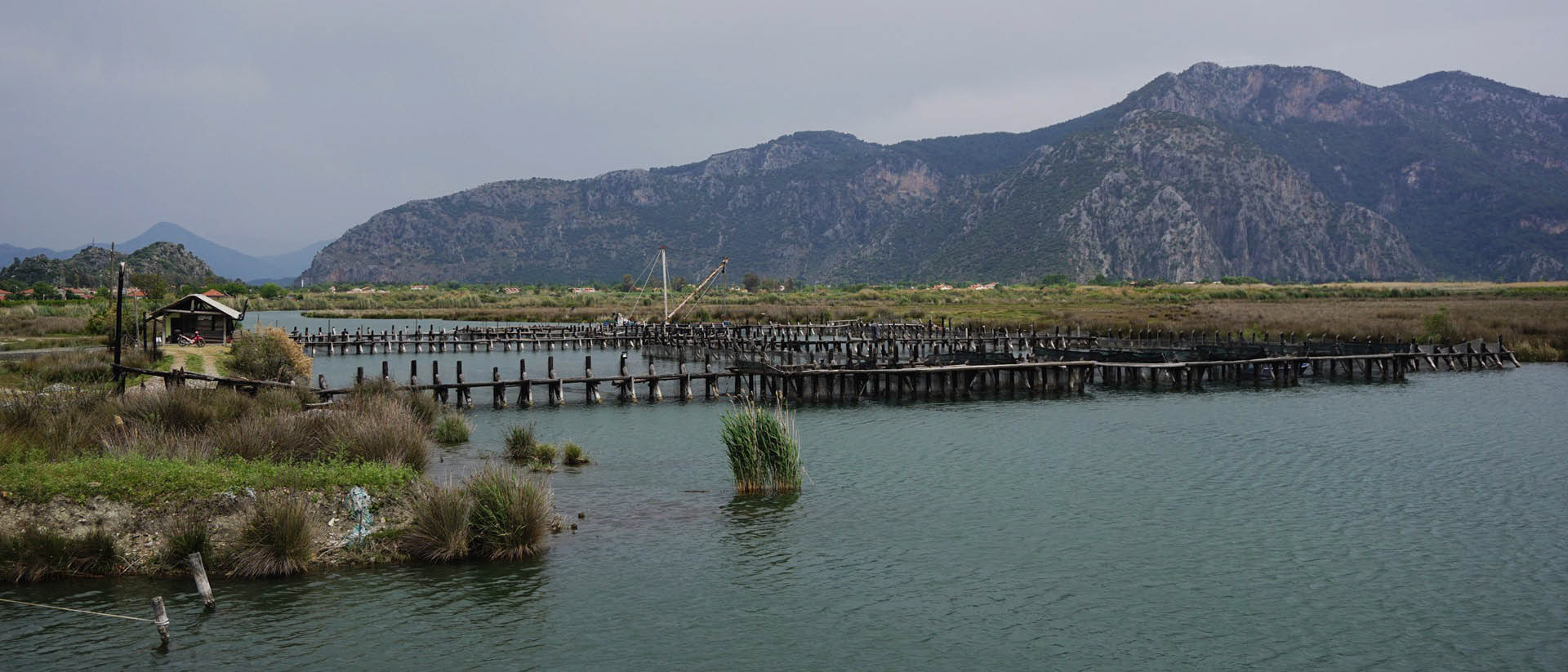
Dalyan Delta, Dalyan, Muğla
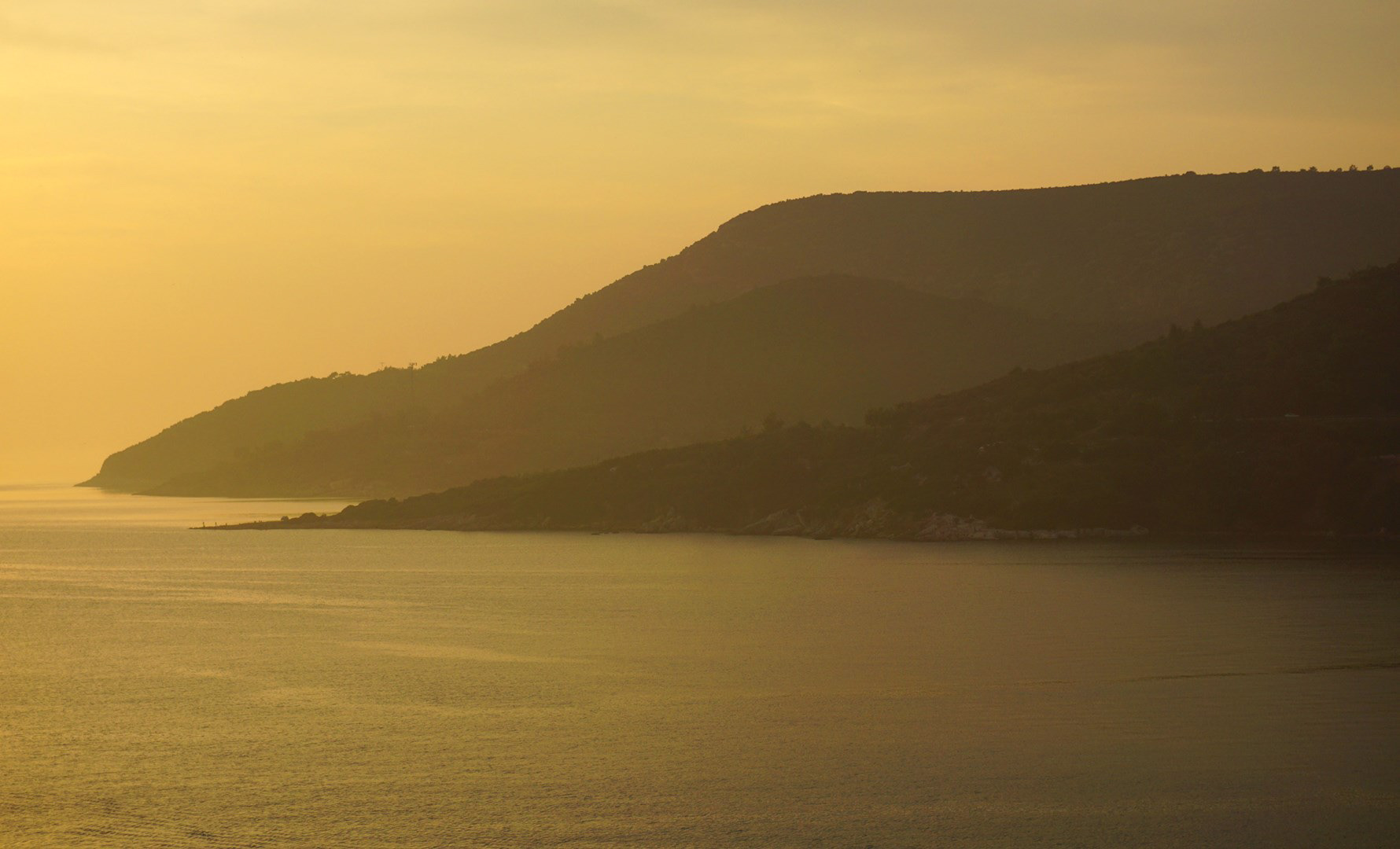
Ahmetbeyli, İzmir
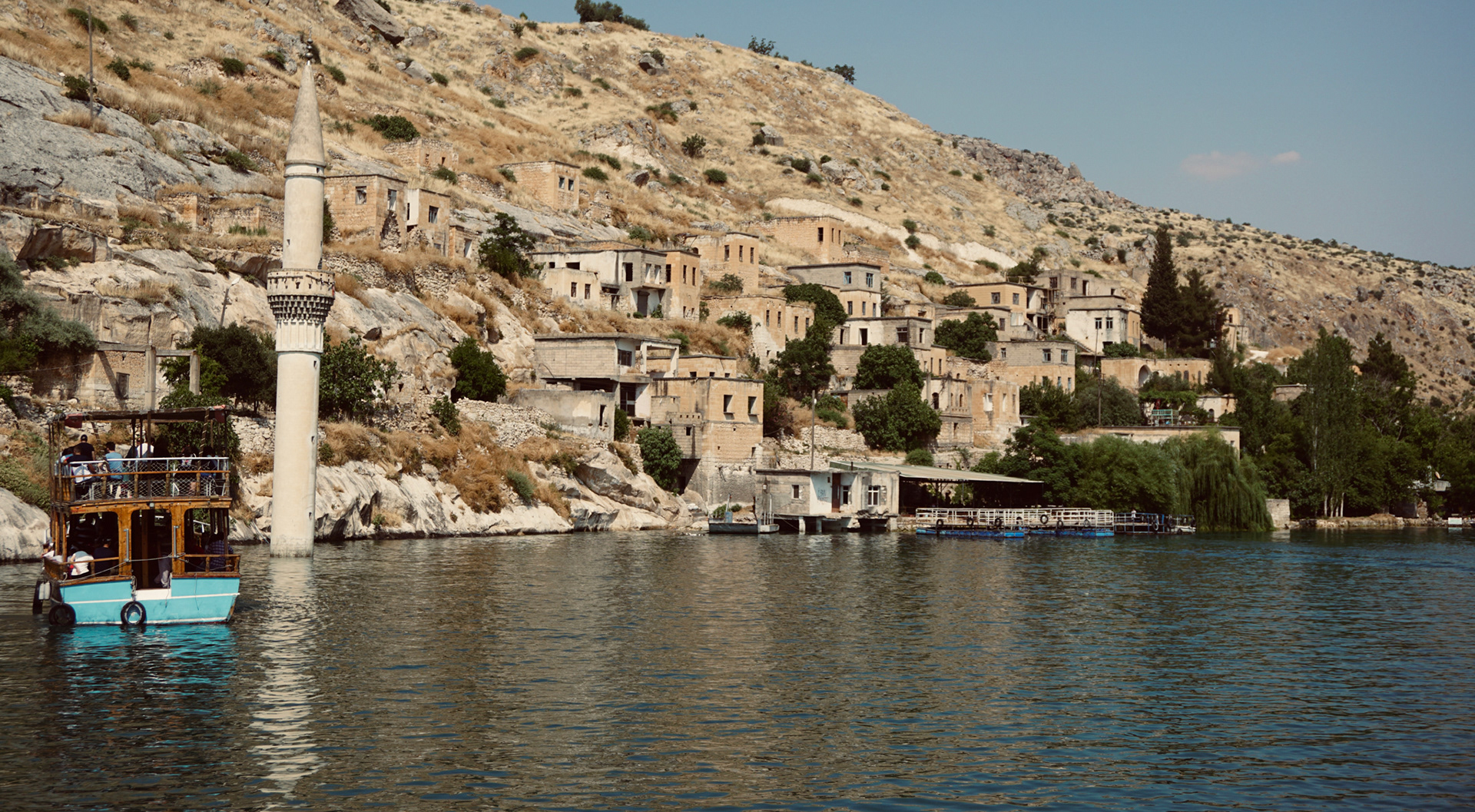
Savaşan Village, Halfeti, Şanlıurfa
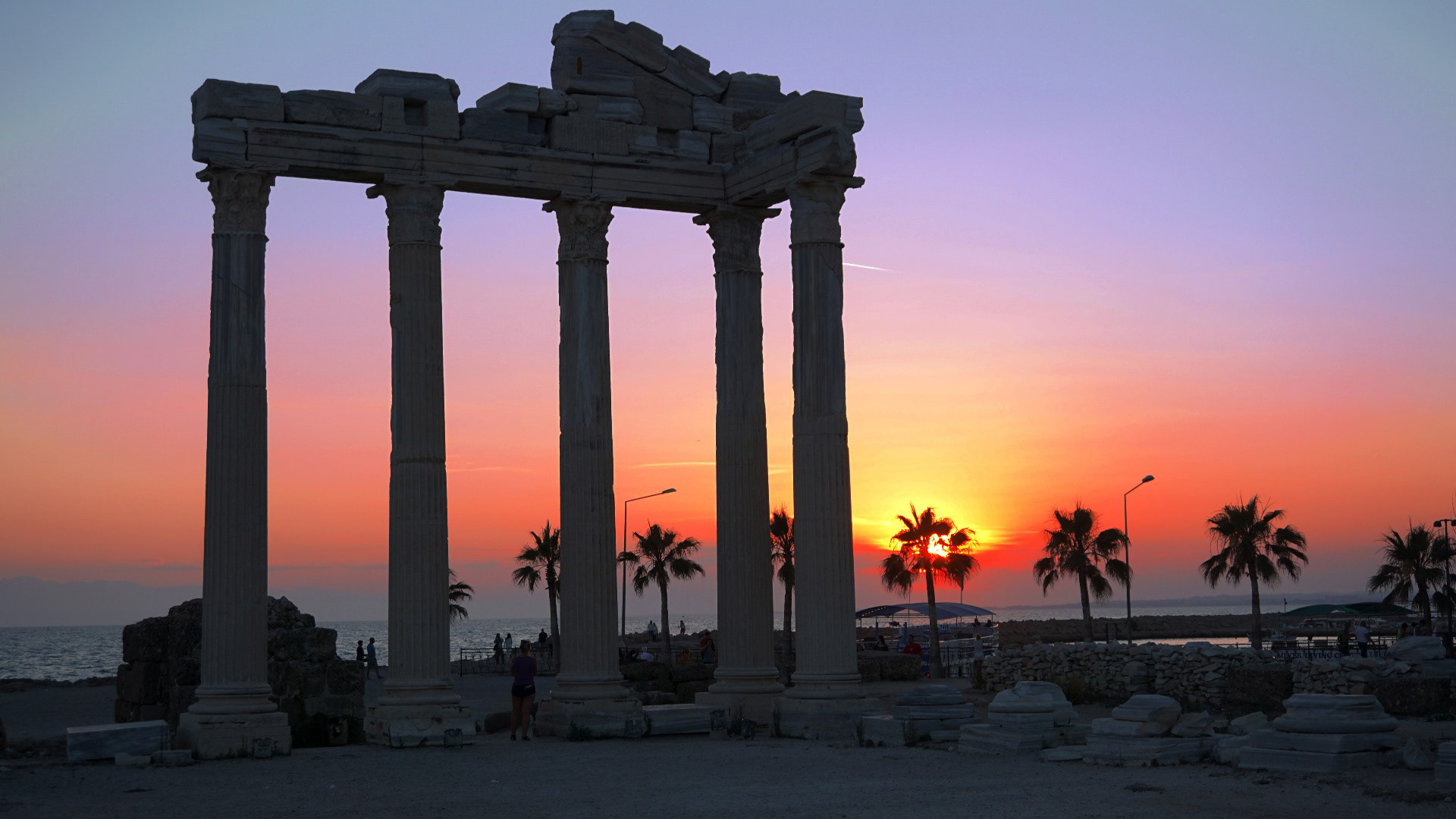
Temple of Apollo, Side, Antalya
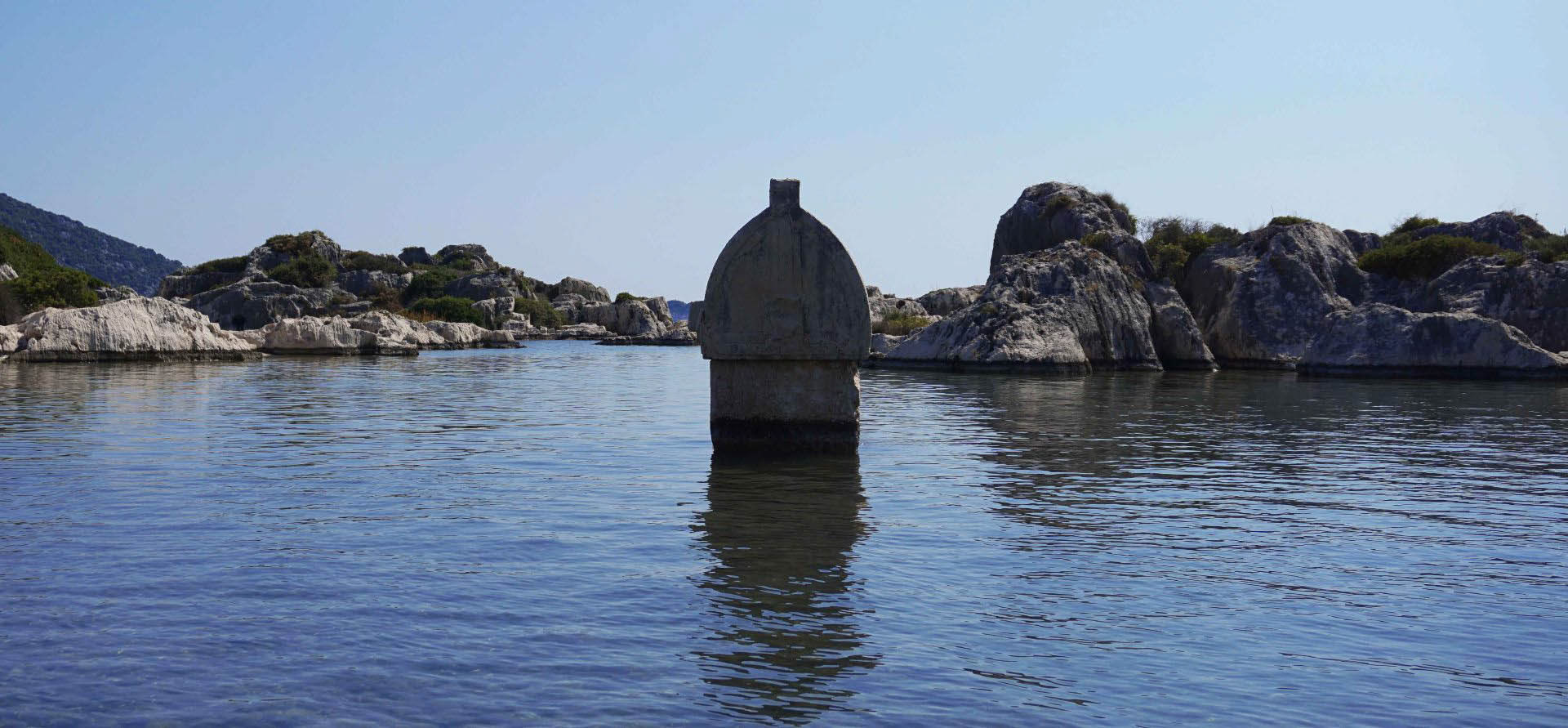
Simena, Kekova, Antalya
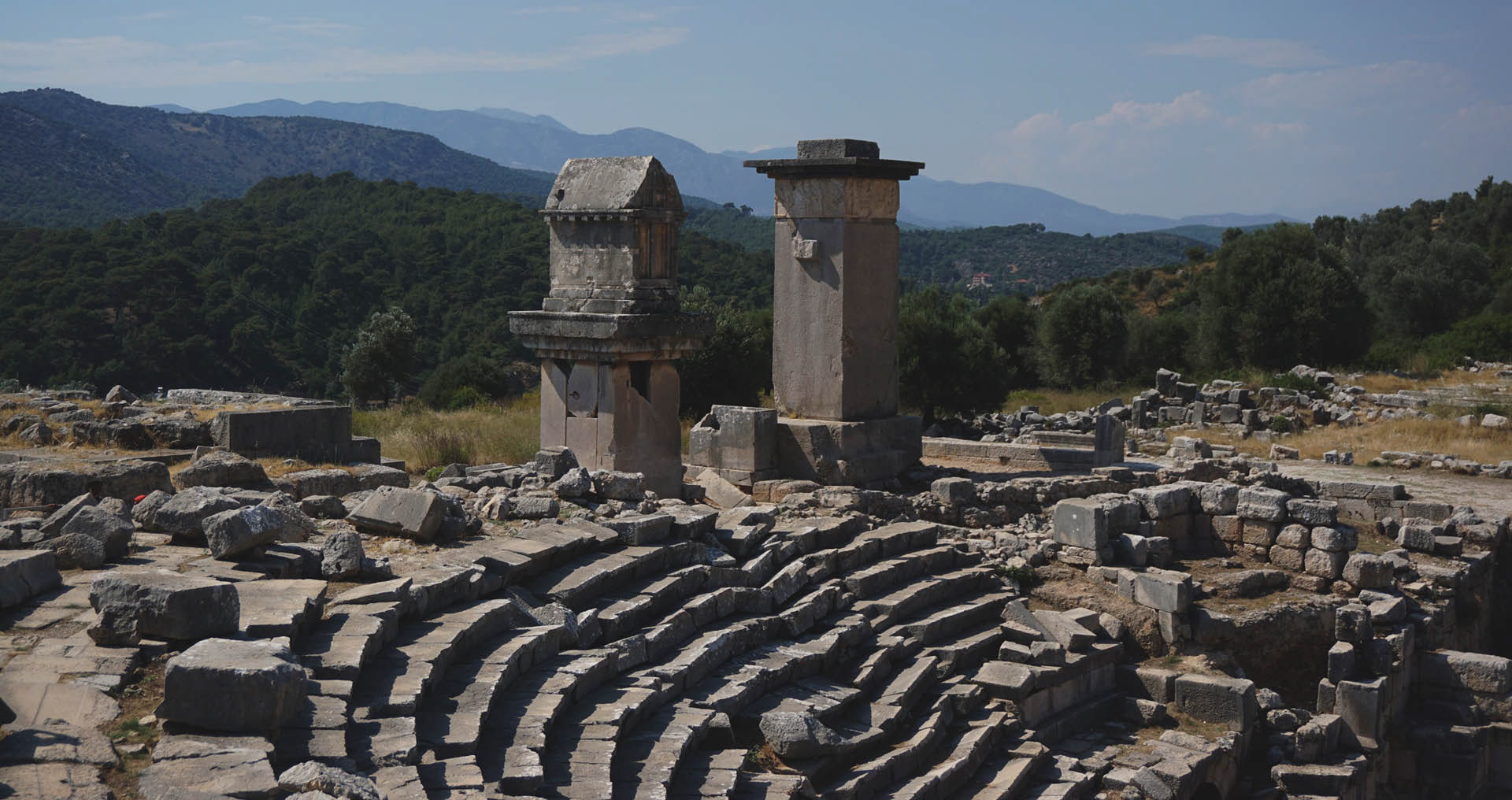
Xanthos, Kaş, Antalya
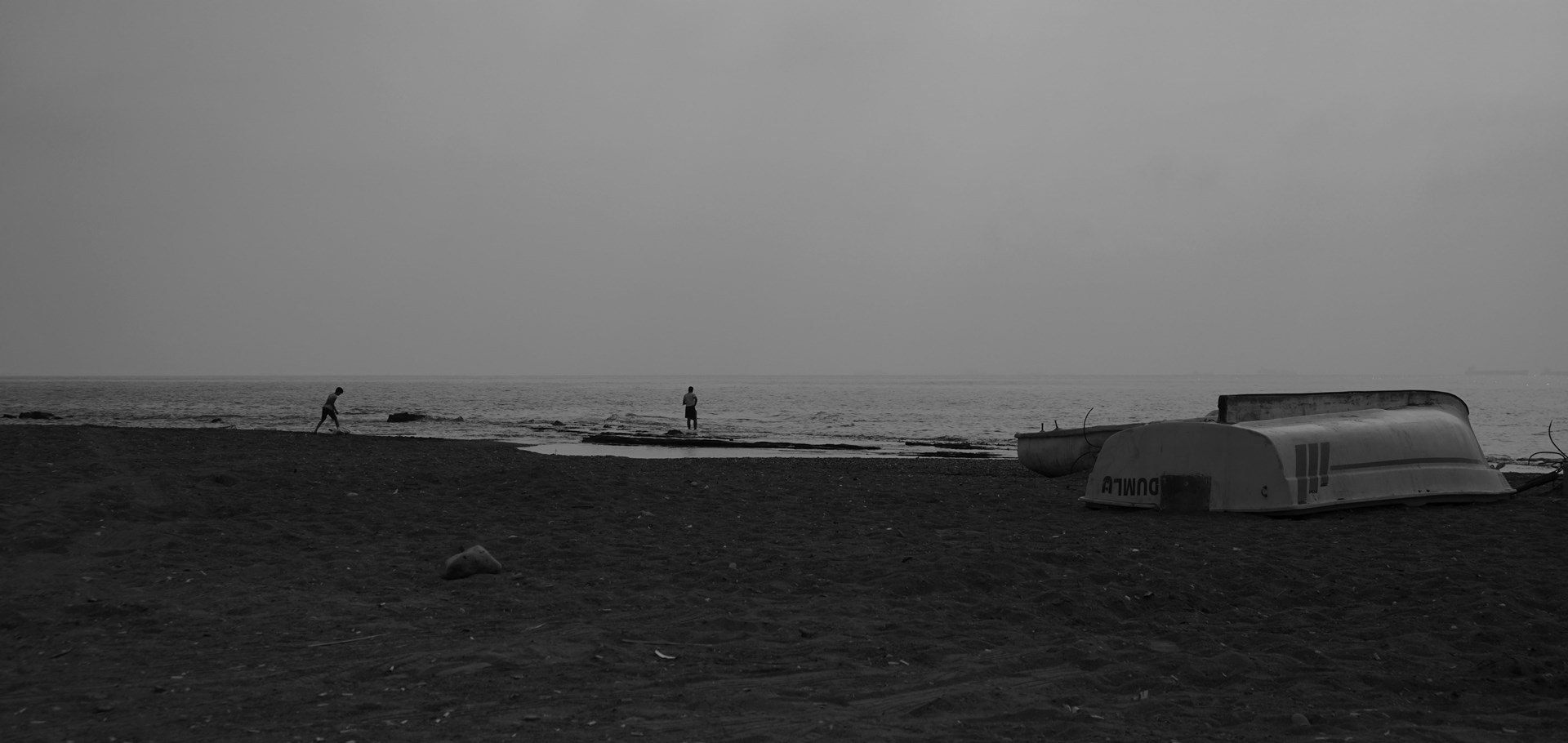
Mezitli, Mersin
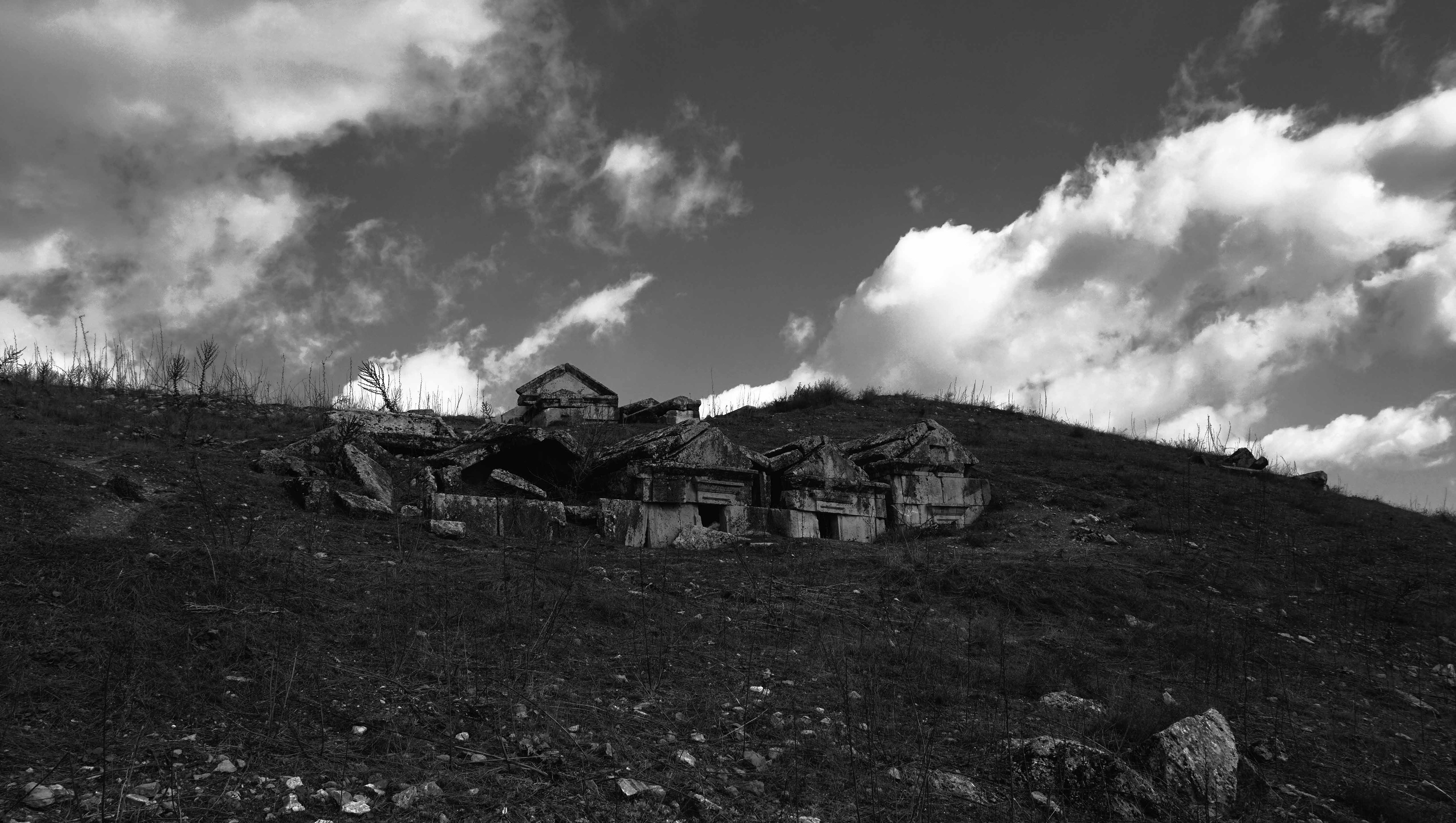
Hierapolis, Denizli
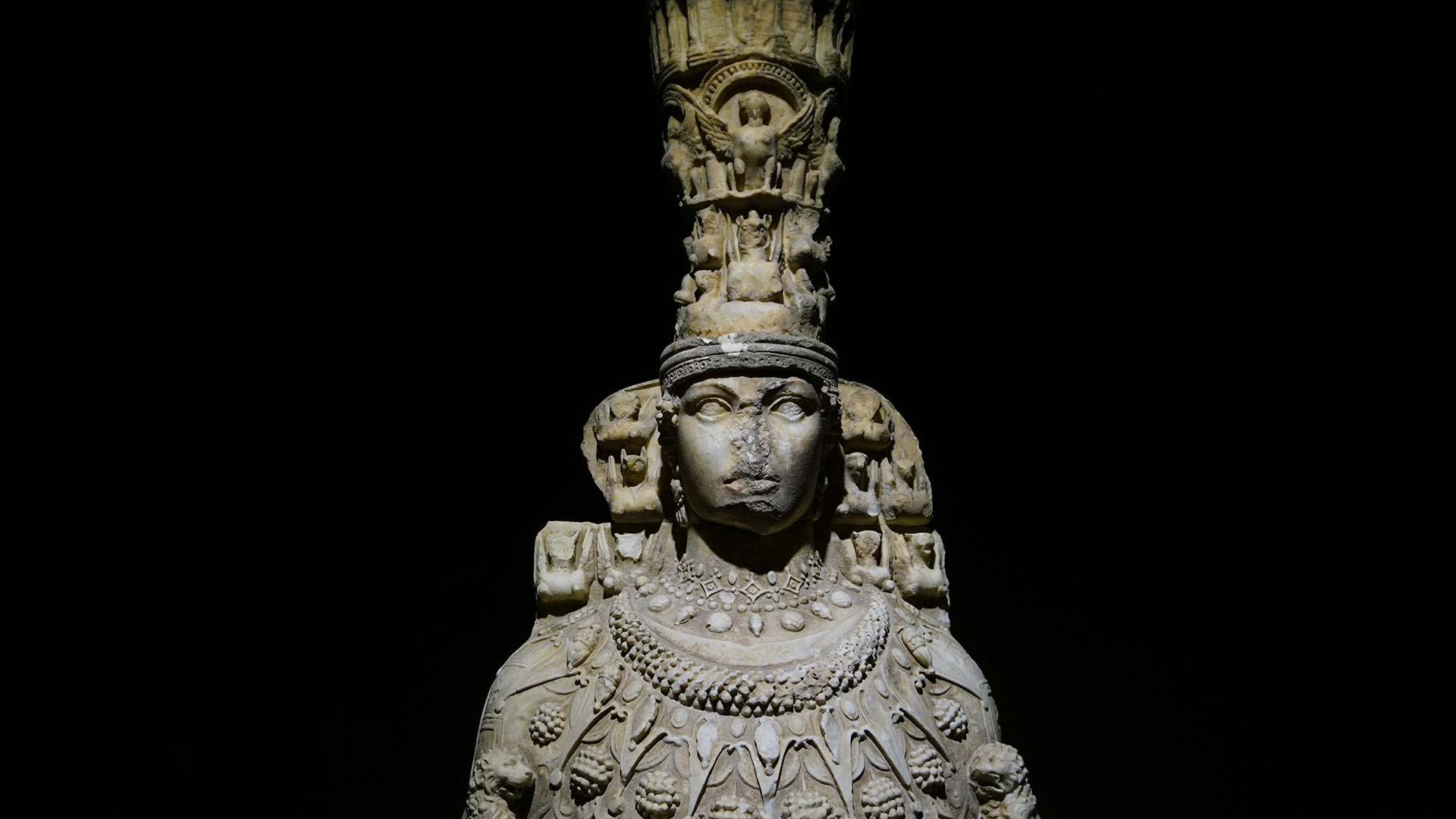
Artemis, Ephesus Archaeological Museum, İzmir
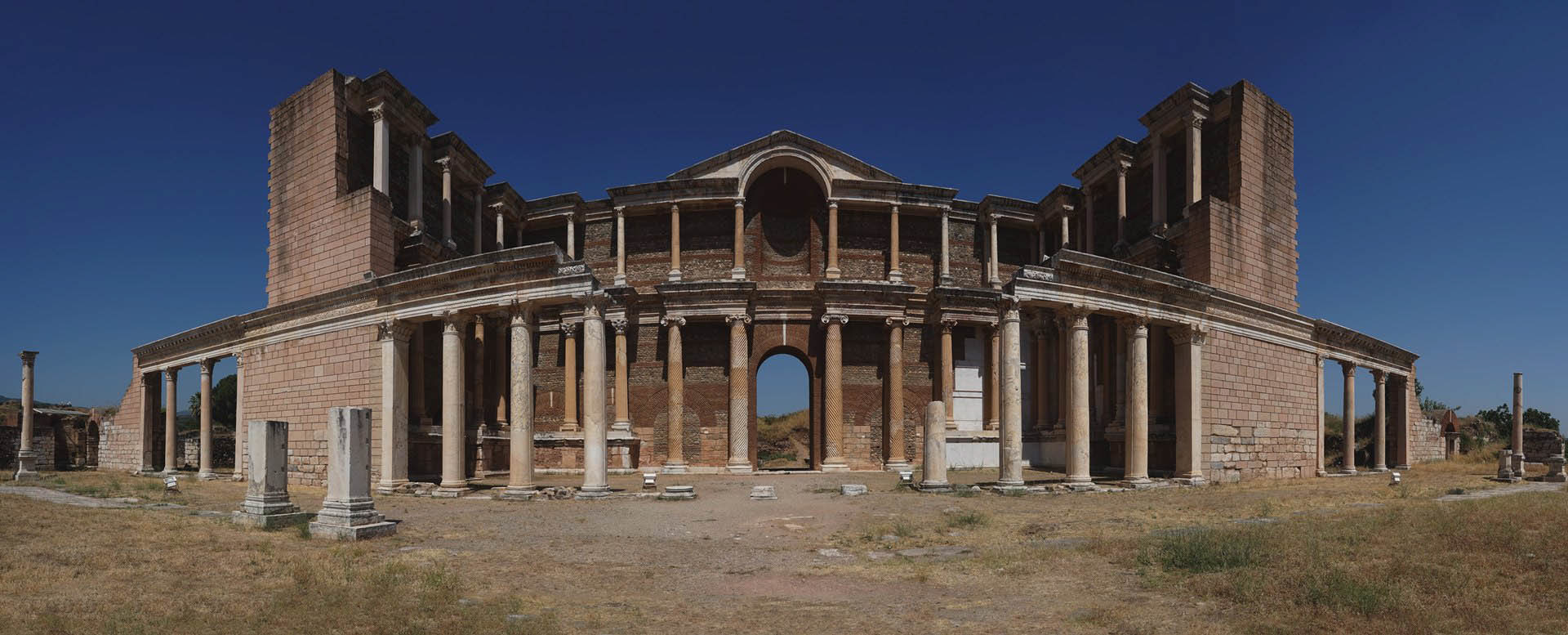
Sardes, Sart, Manisa
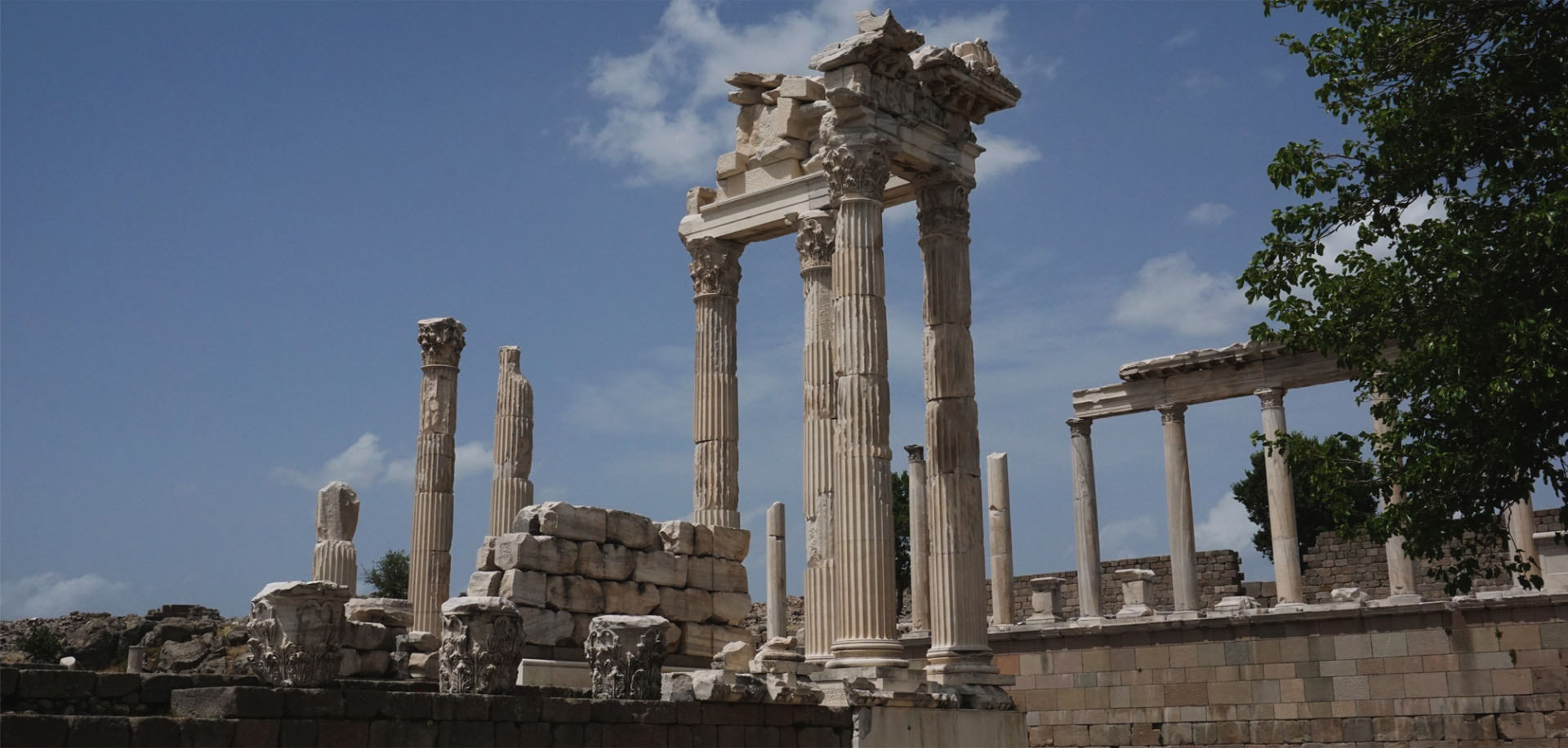
Temple of Trajan, Pergamon, İzmir
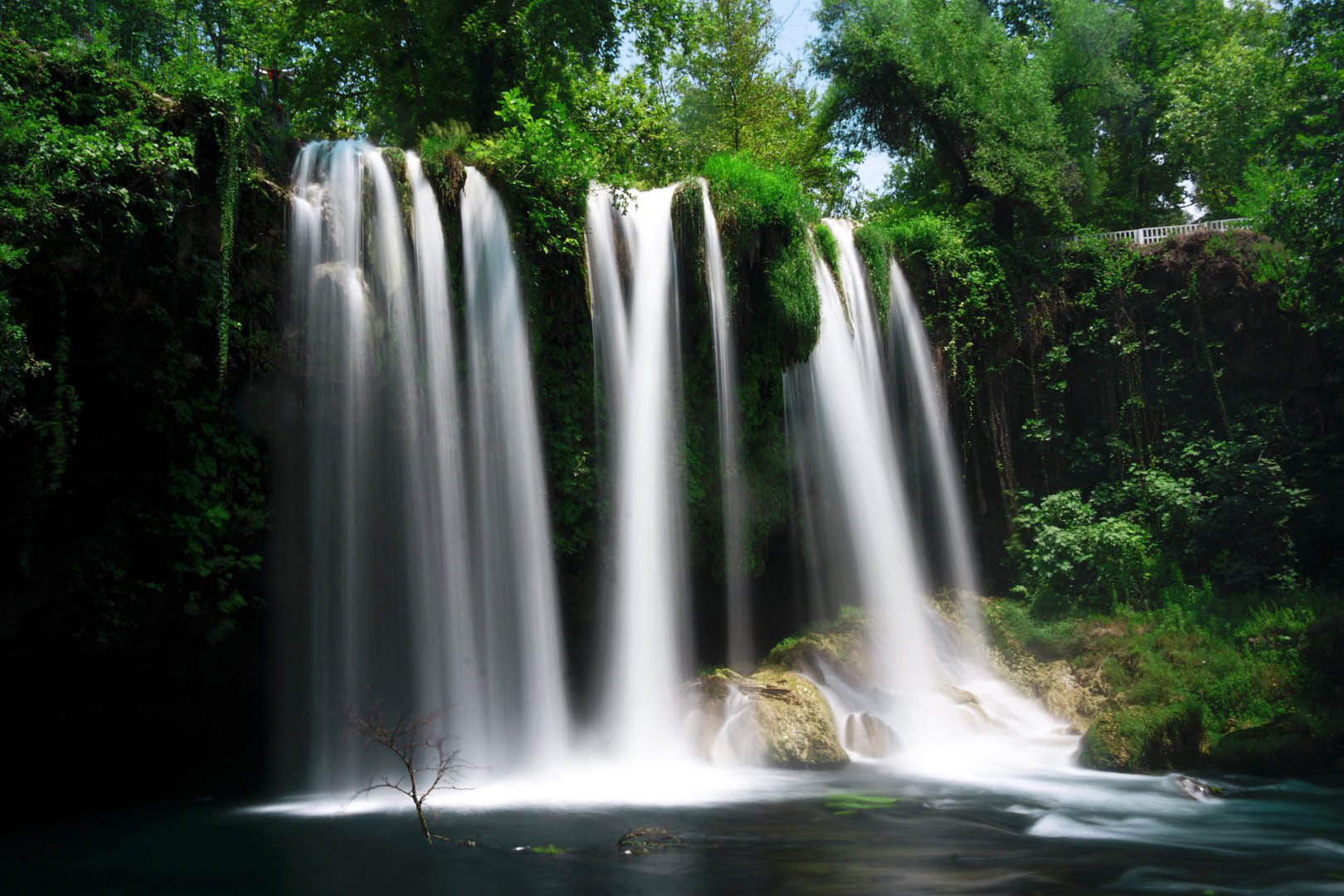
Düden Waterfalls, Antalya
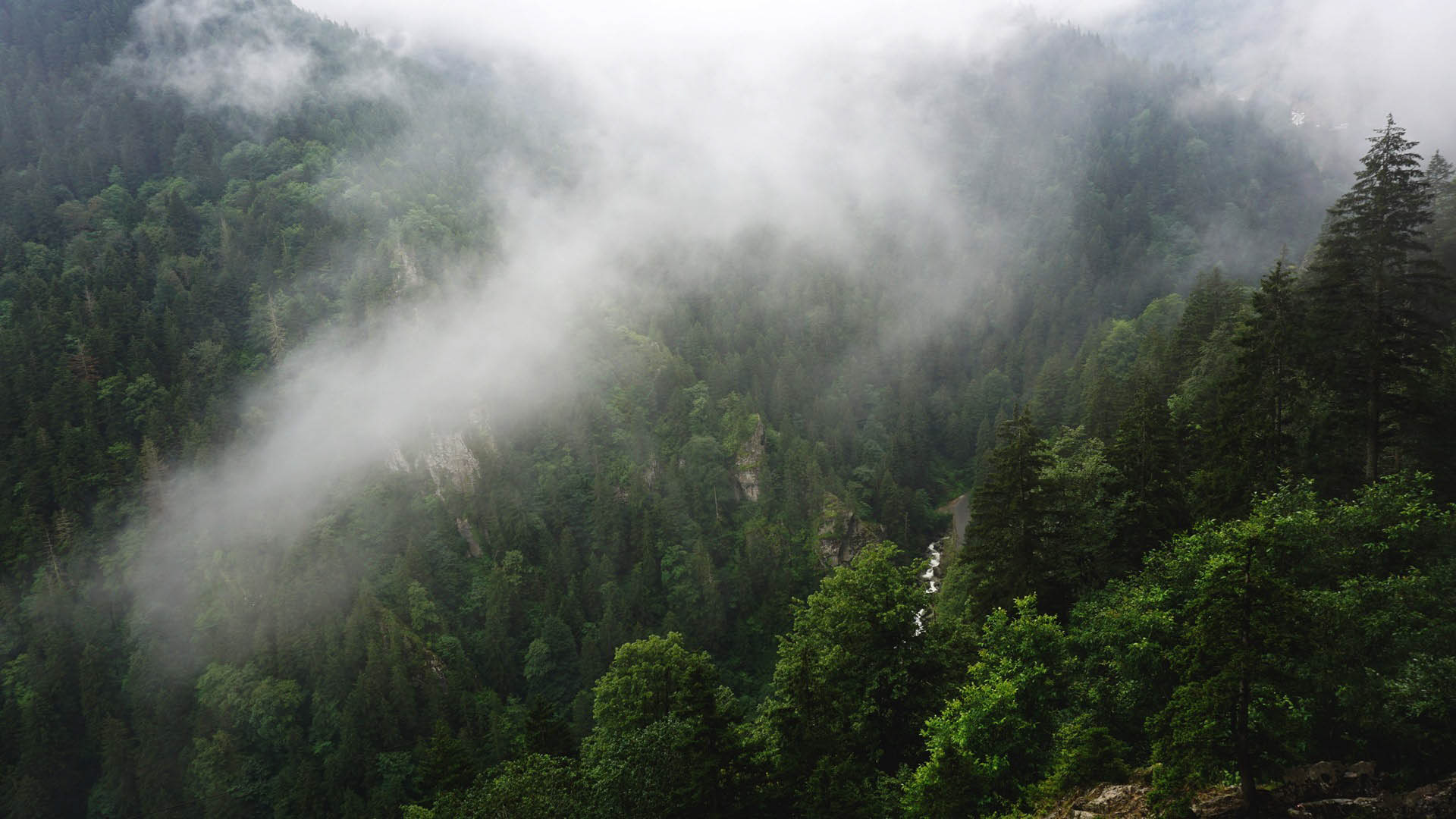
Altındere Valley, Trabzon
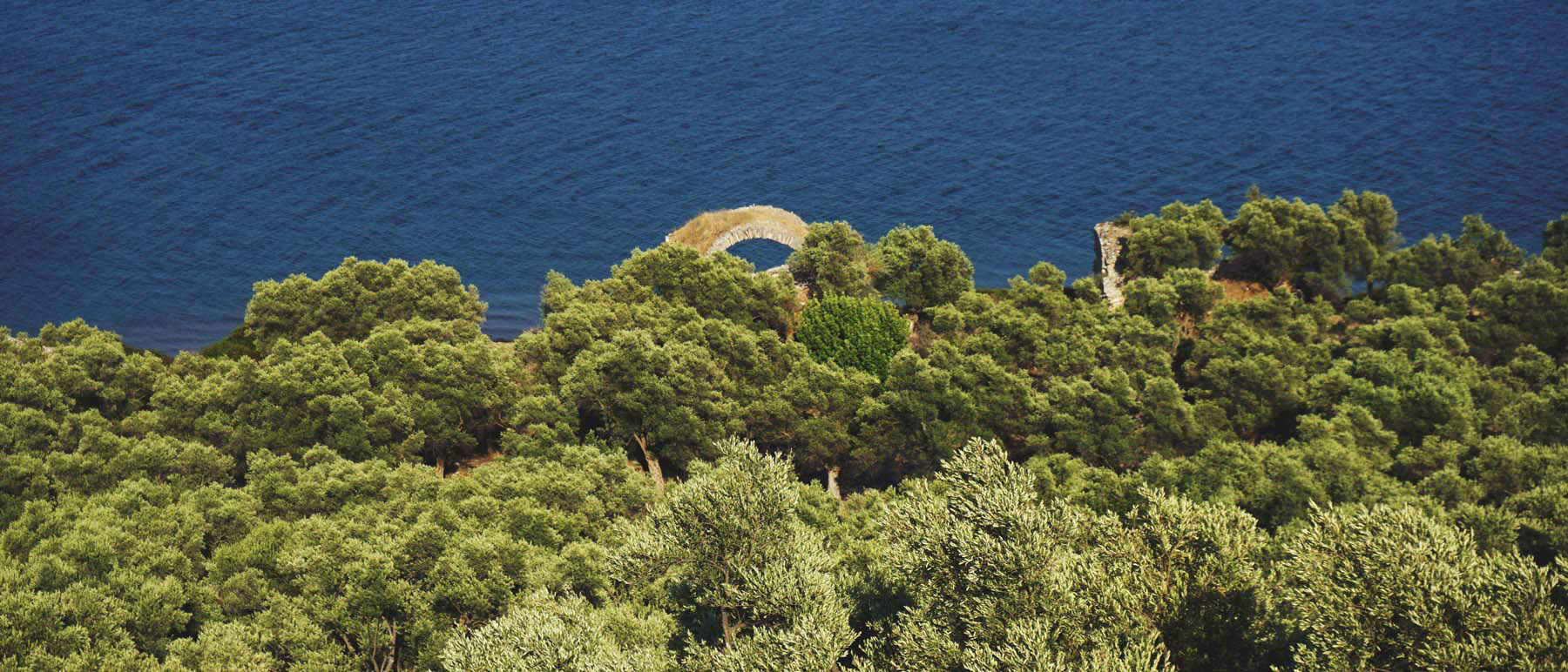
Iasos, Kıyıkışlacık, Muğla
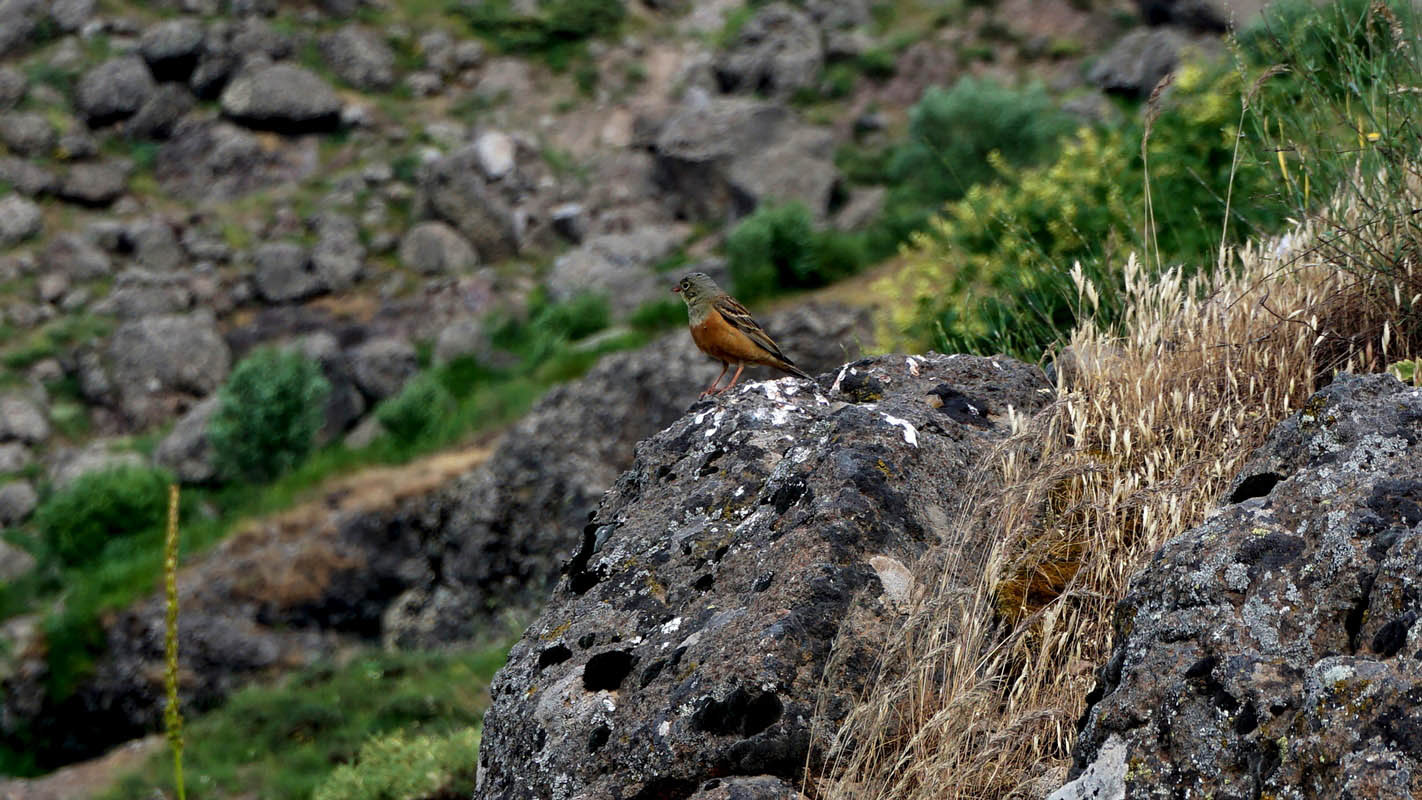
Munzur Valley, Tunceli
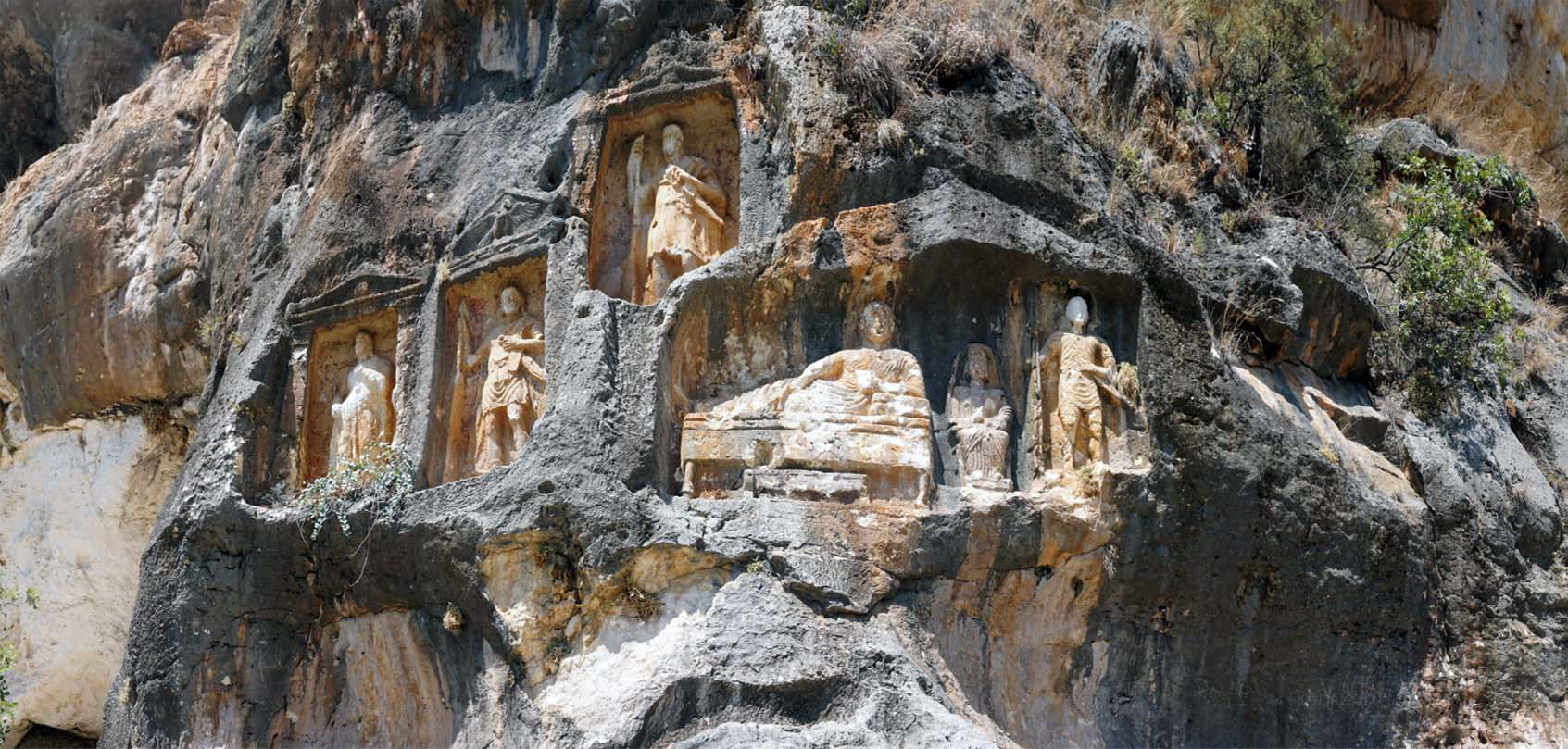
Adamkayalar, Silifke, Mersin

Aspendos, Serik, Antalya

Mount Ida (Kazdağları), Edremit, Balıkesir
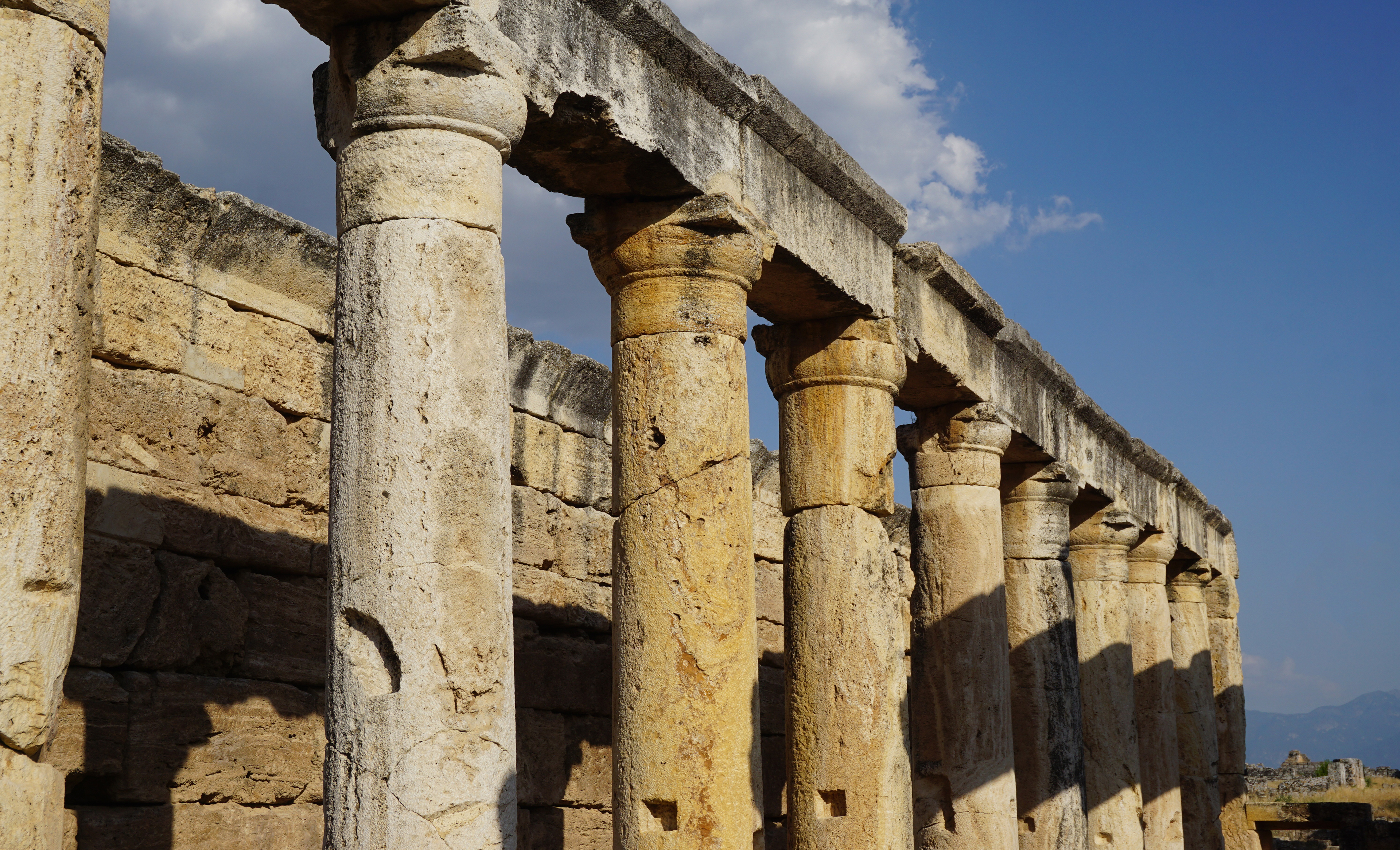
Hierapolis, Denizli
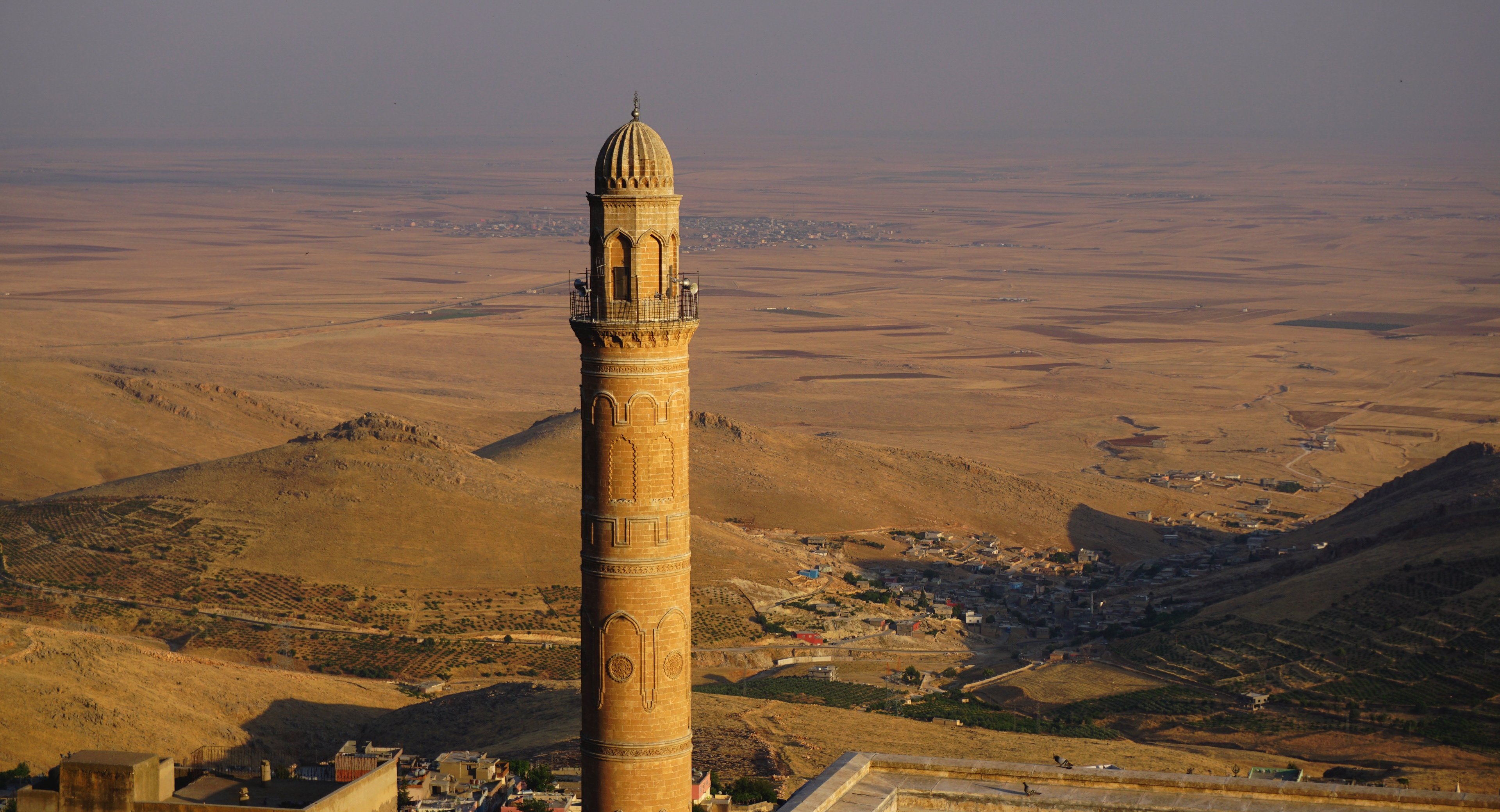
Mardin Grand Mosque, Mardin

Latmos, Milas, Muğla
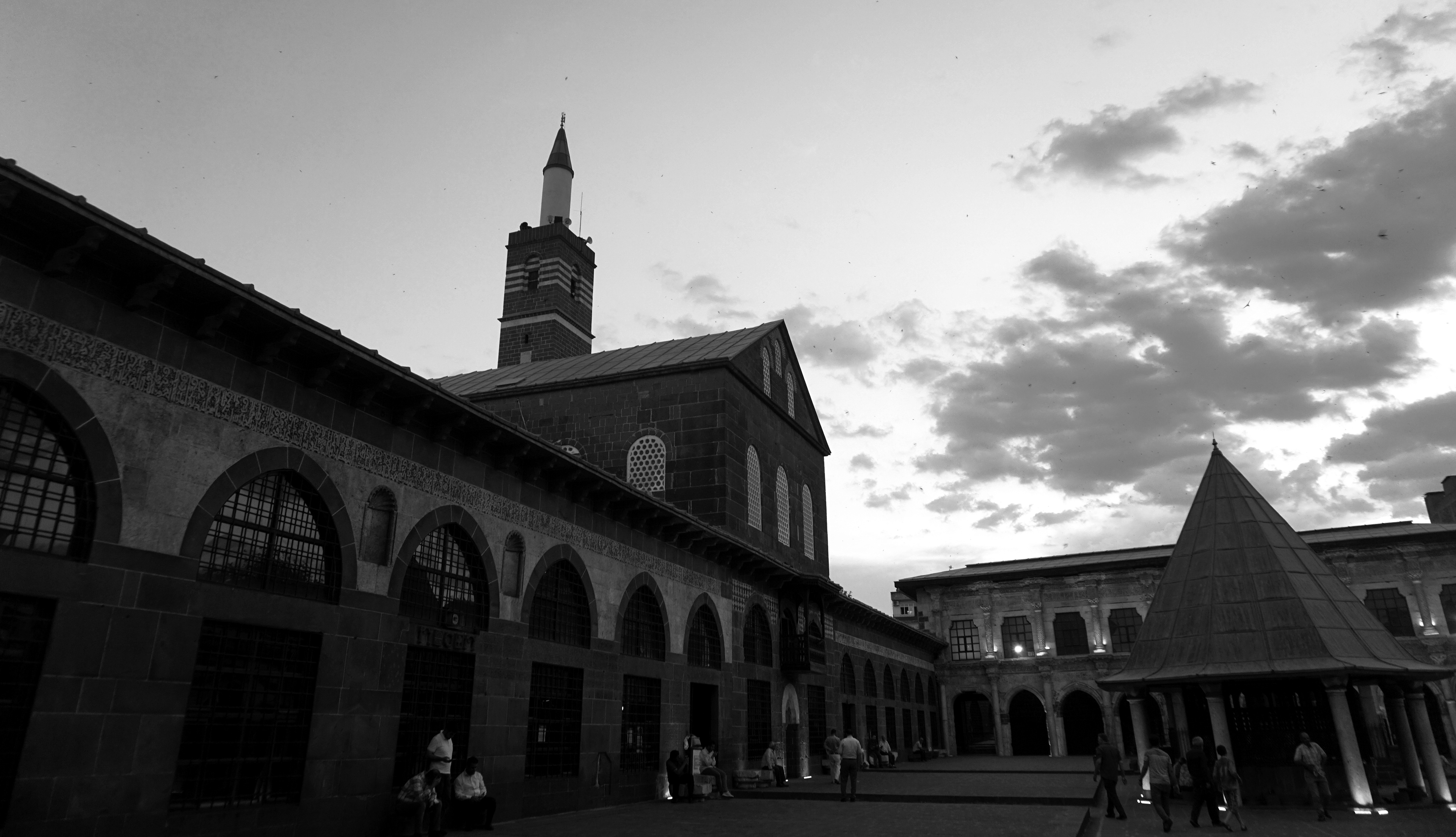
Diyarbakır Grand Mosque, Diyarbakır
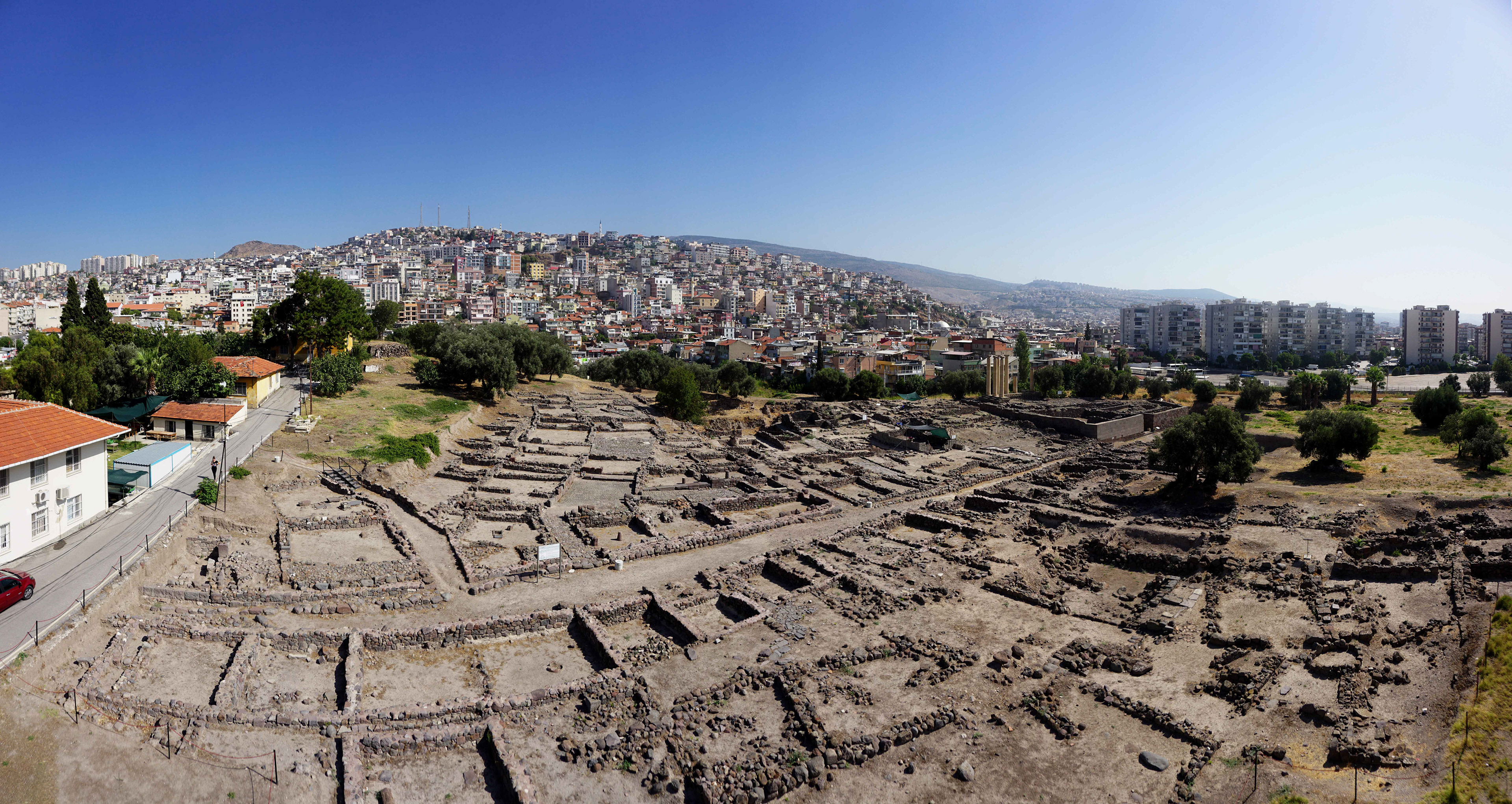
Ancient Smyrna Mound, Bayraklı, İzmir
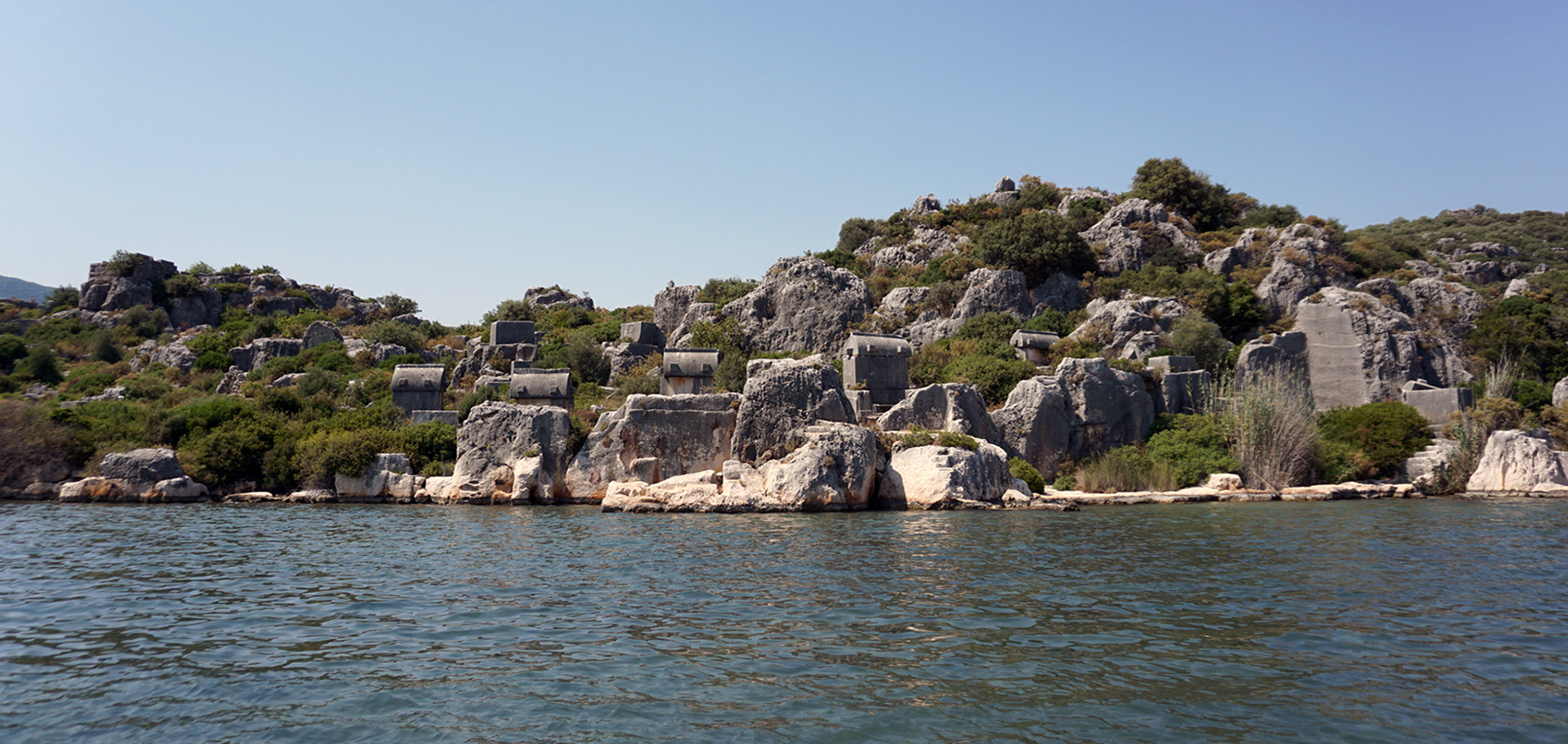
Theimussa (Üçağız), Kekova, Antalya

Sagalassos, Ağlasun, Burdur
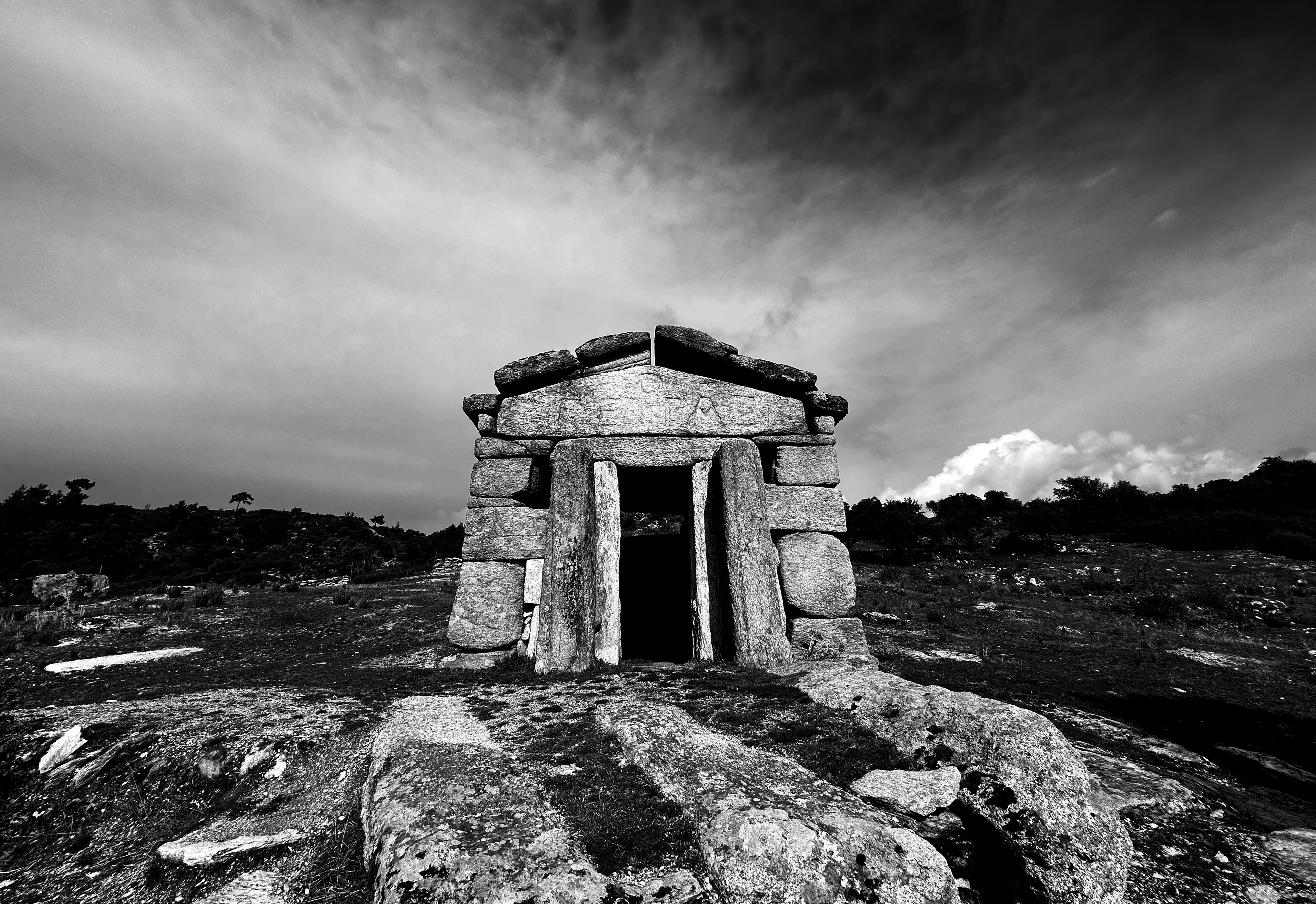
Gerga, Çine, Aydın
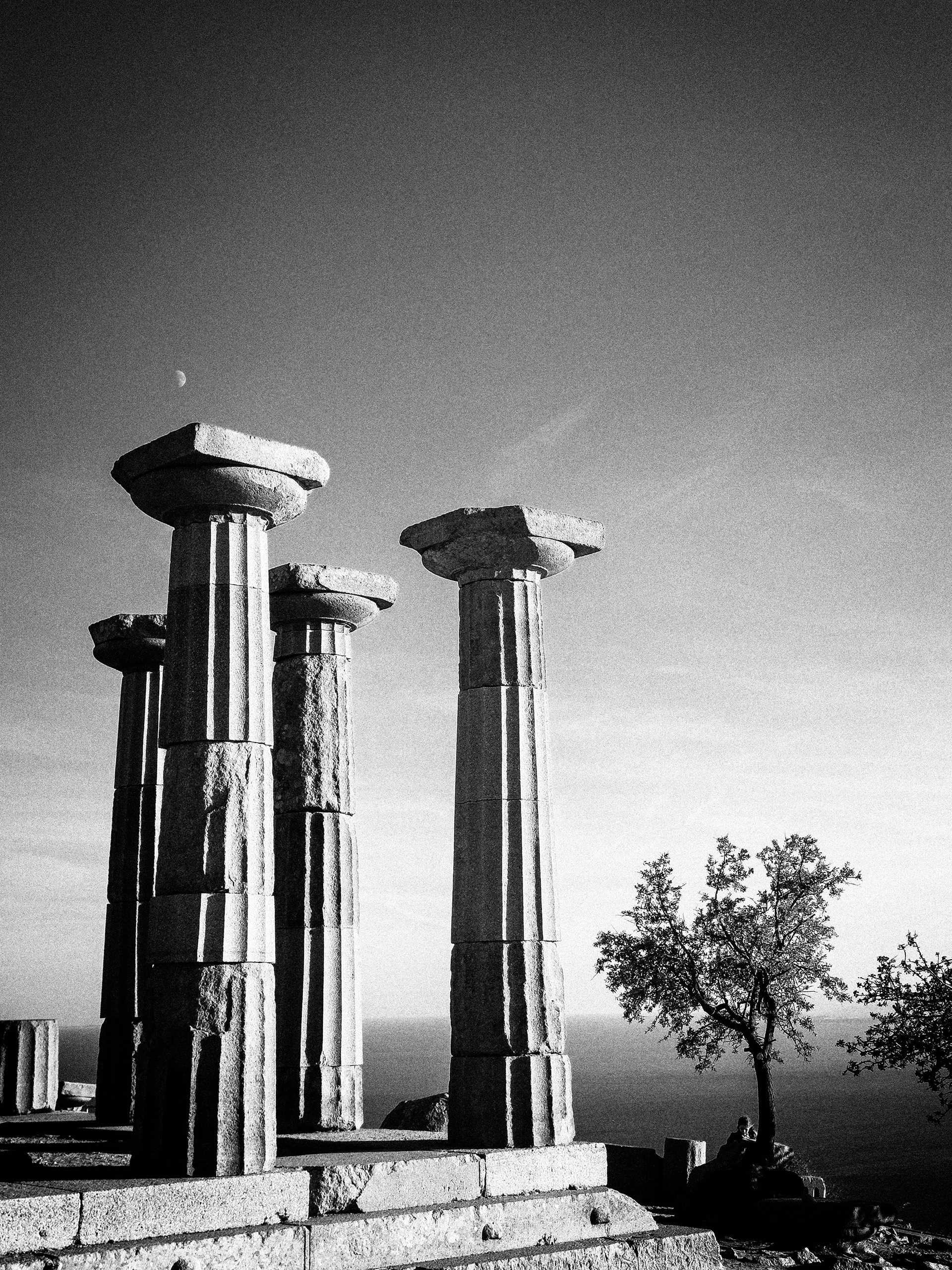
Assos, Behramkale, Çanakkale
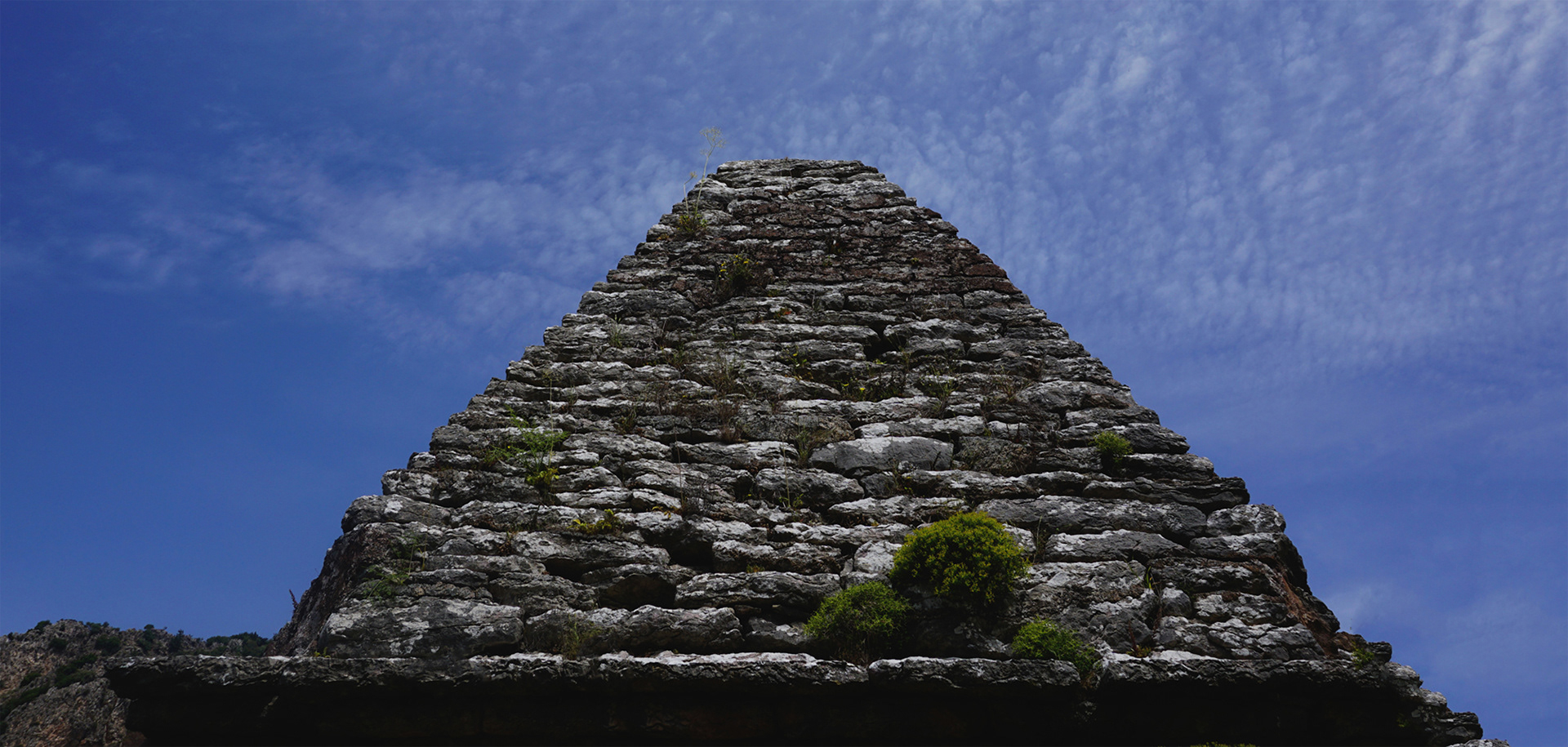
Hydas Ancient City Pyramid Tomb, Marmaris, Muğla
